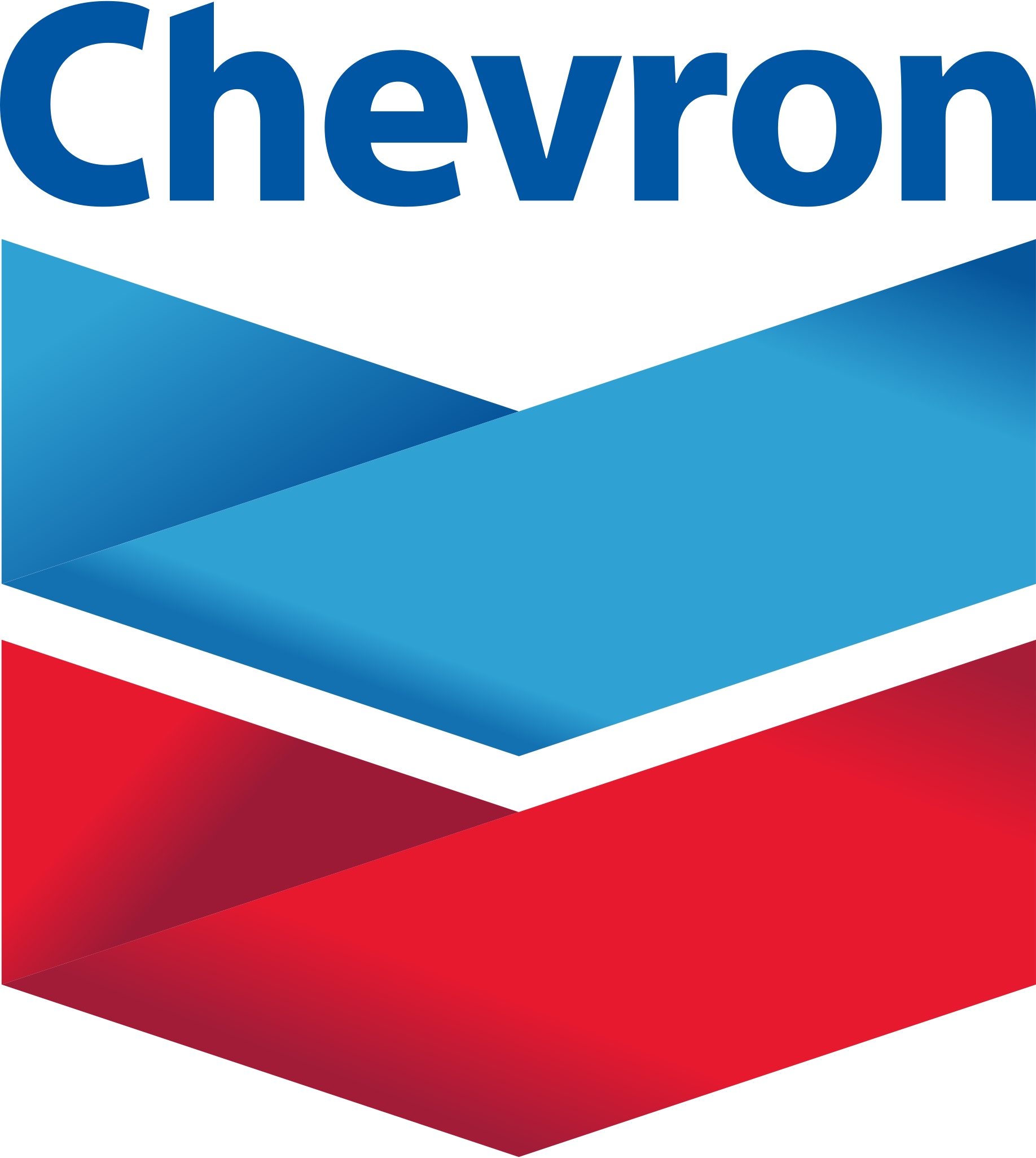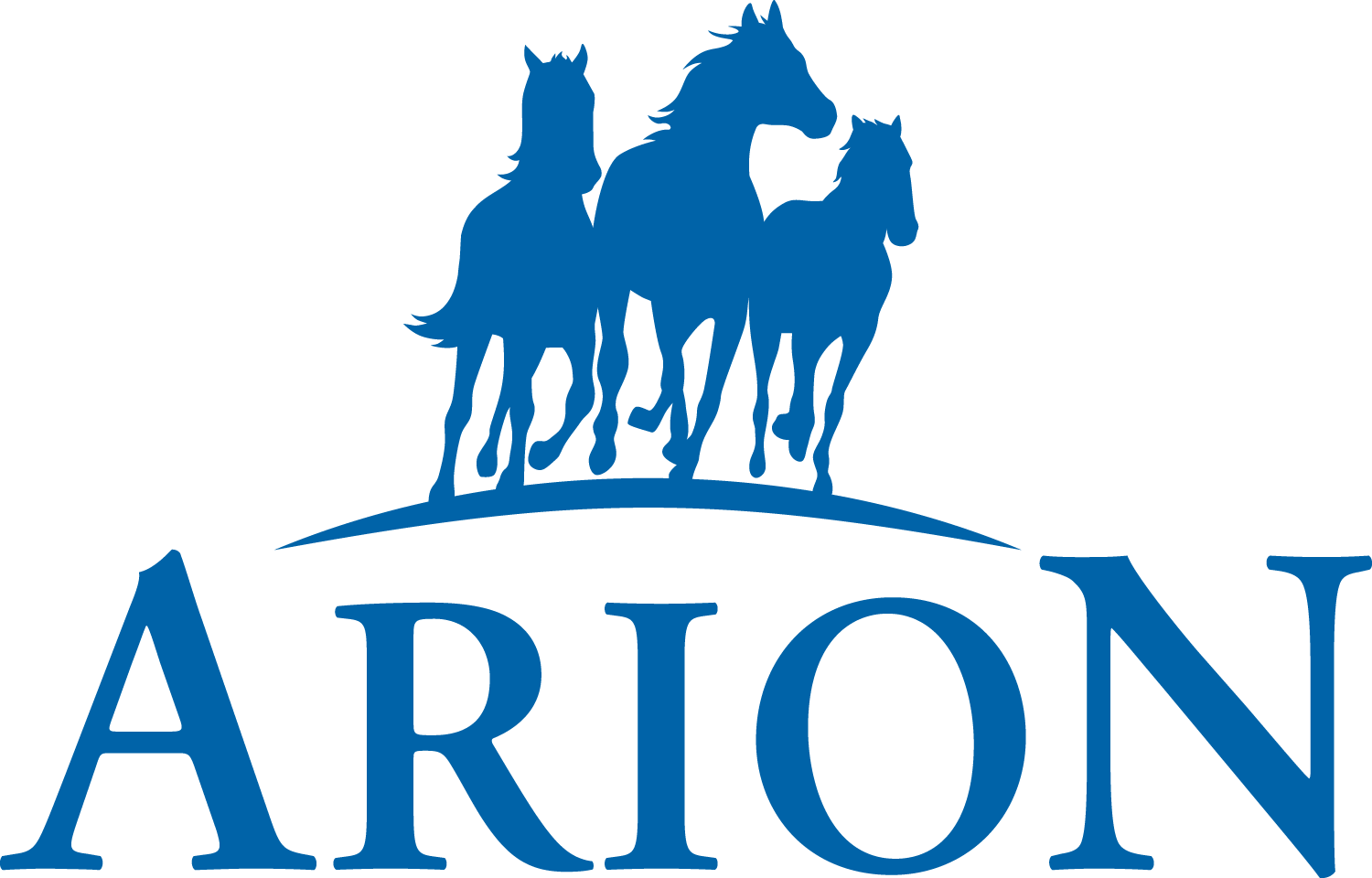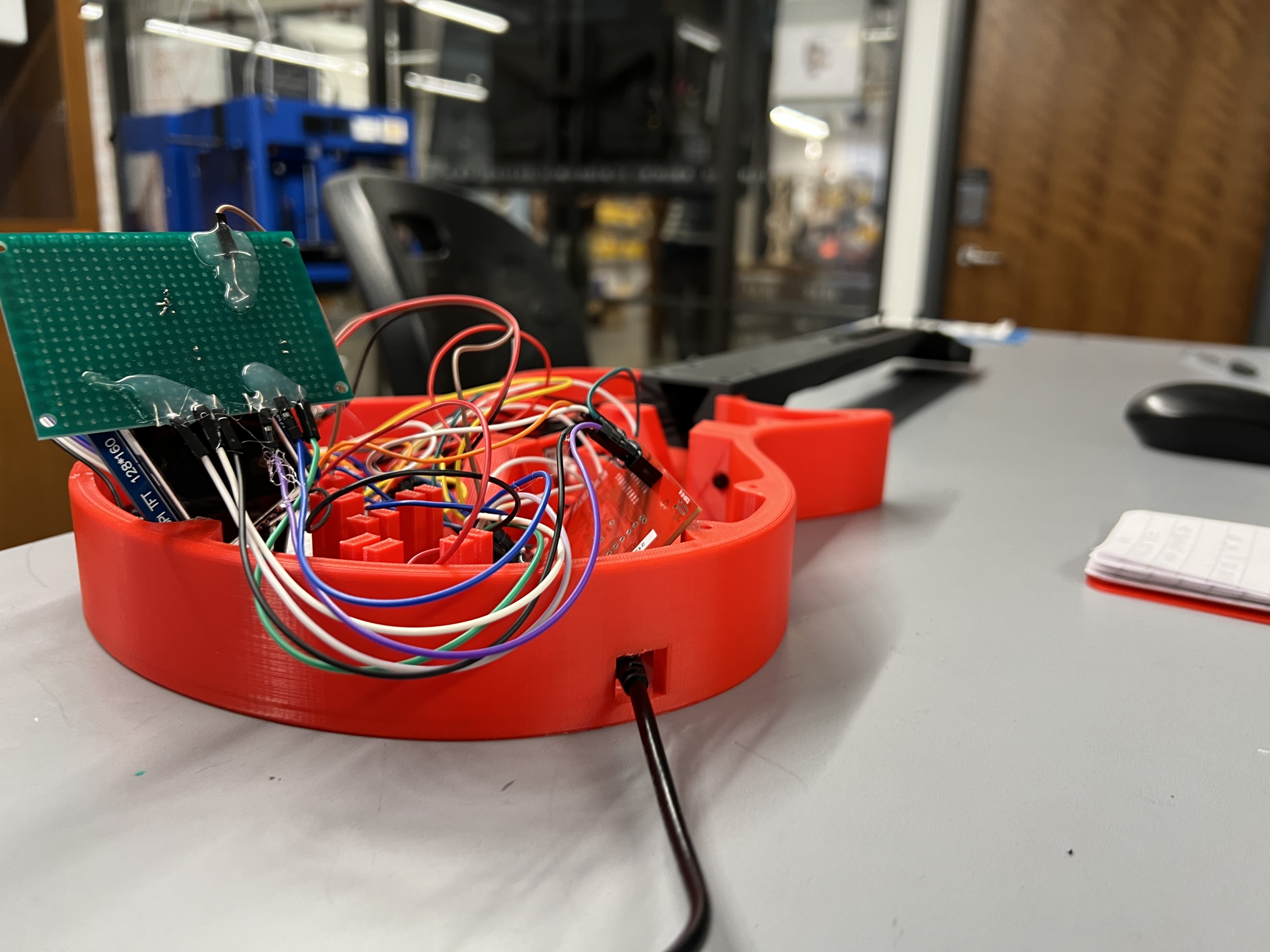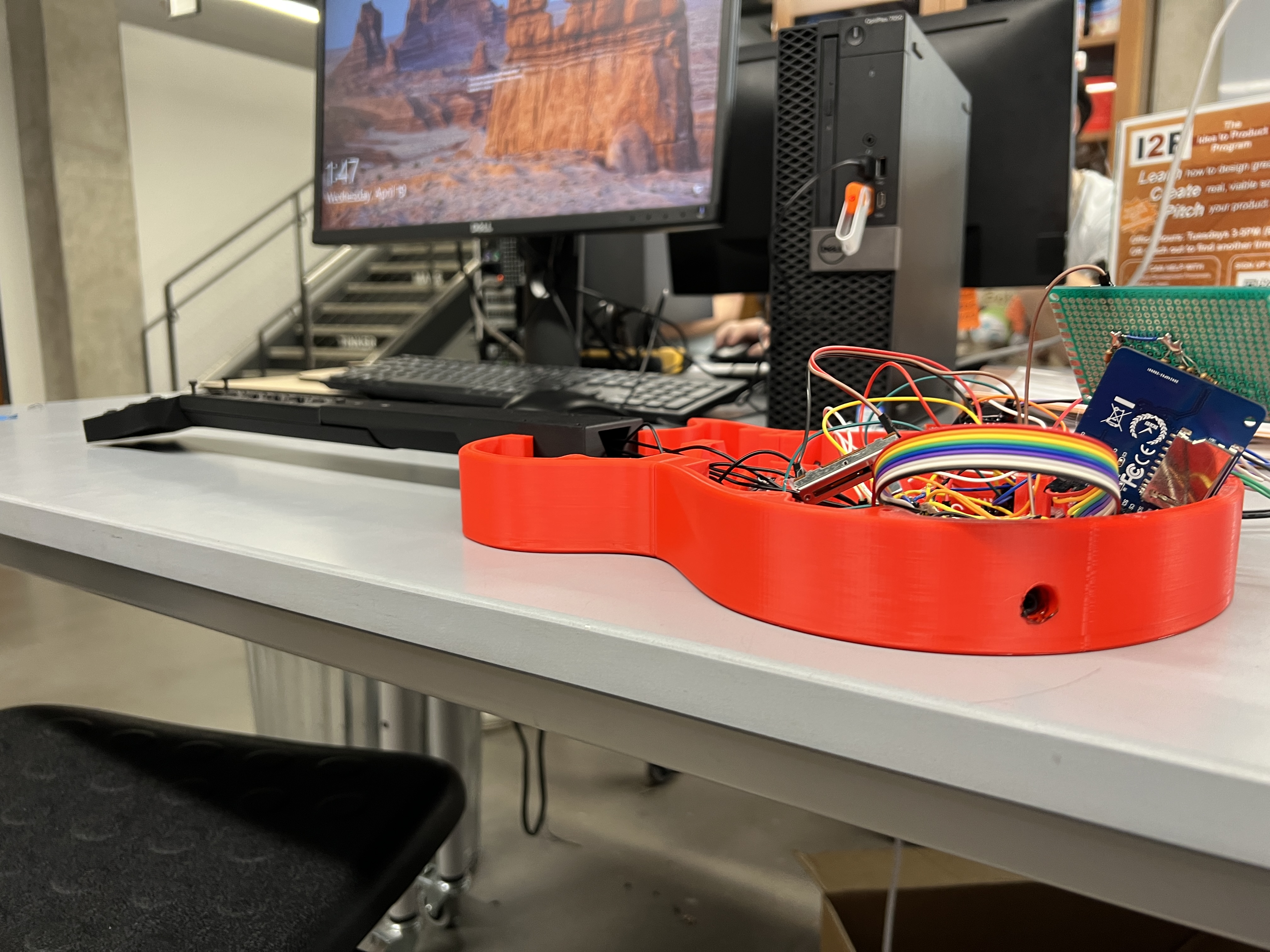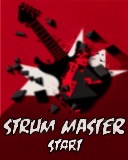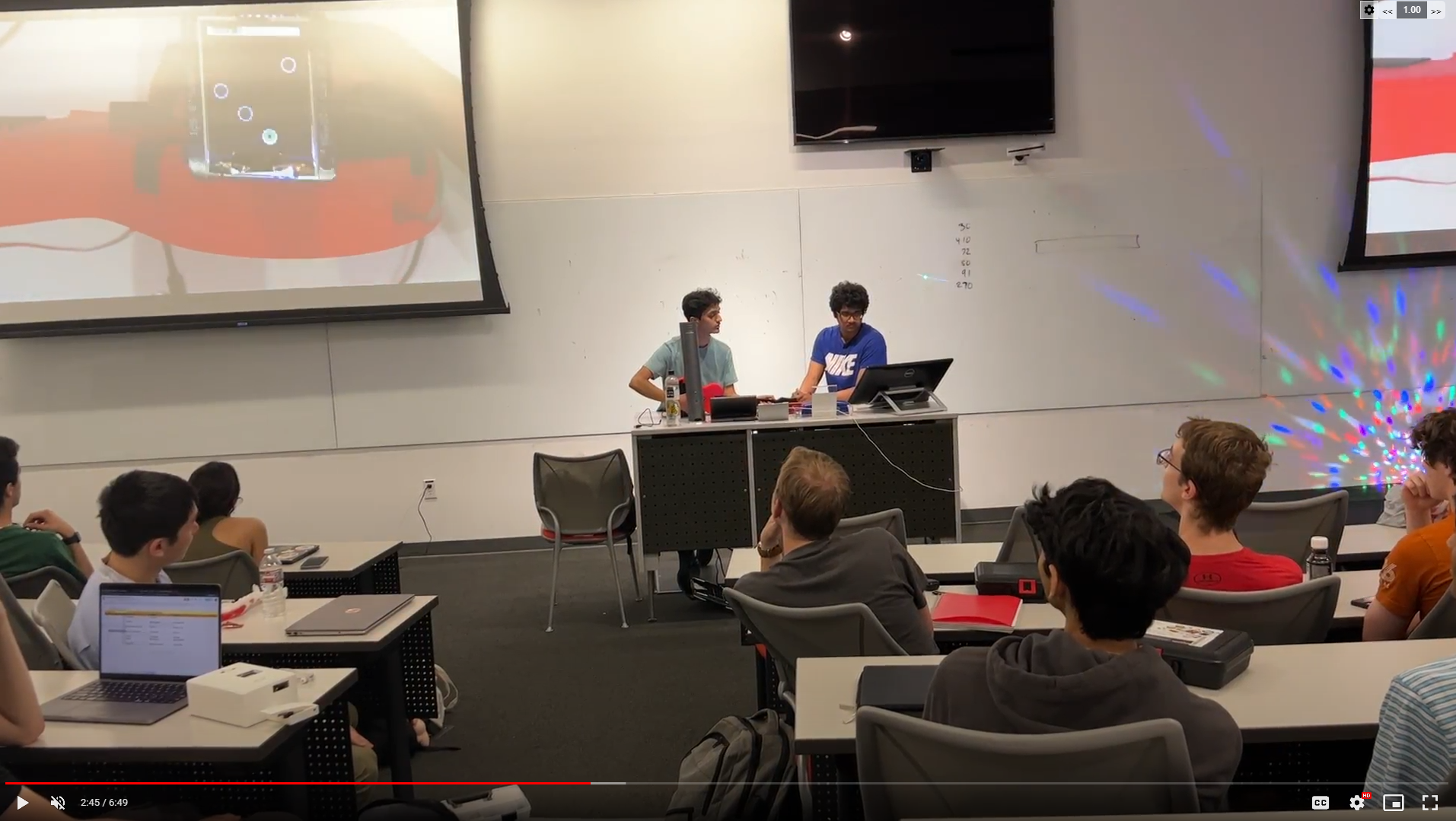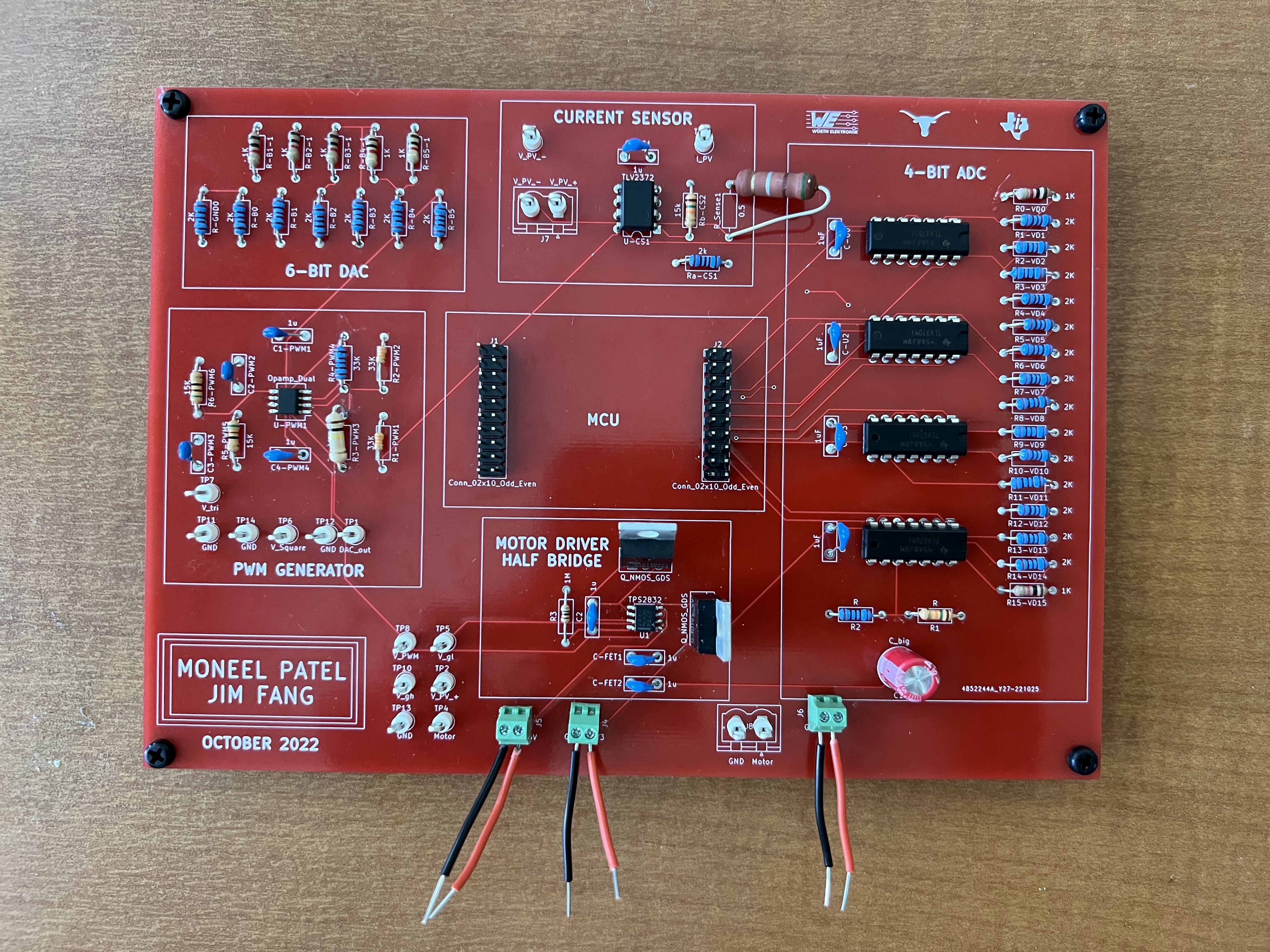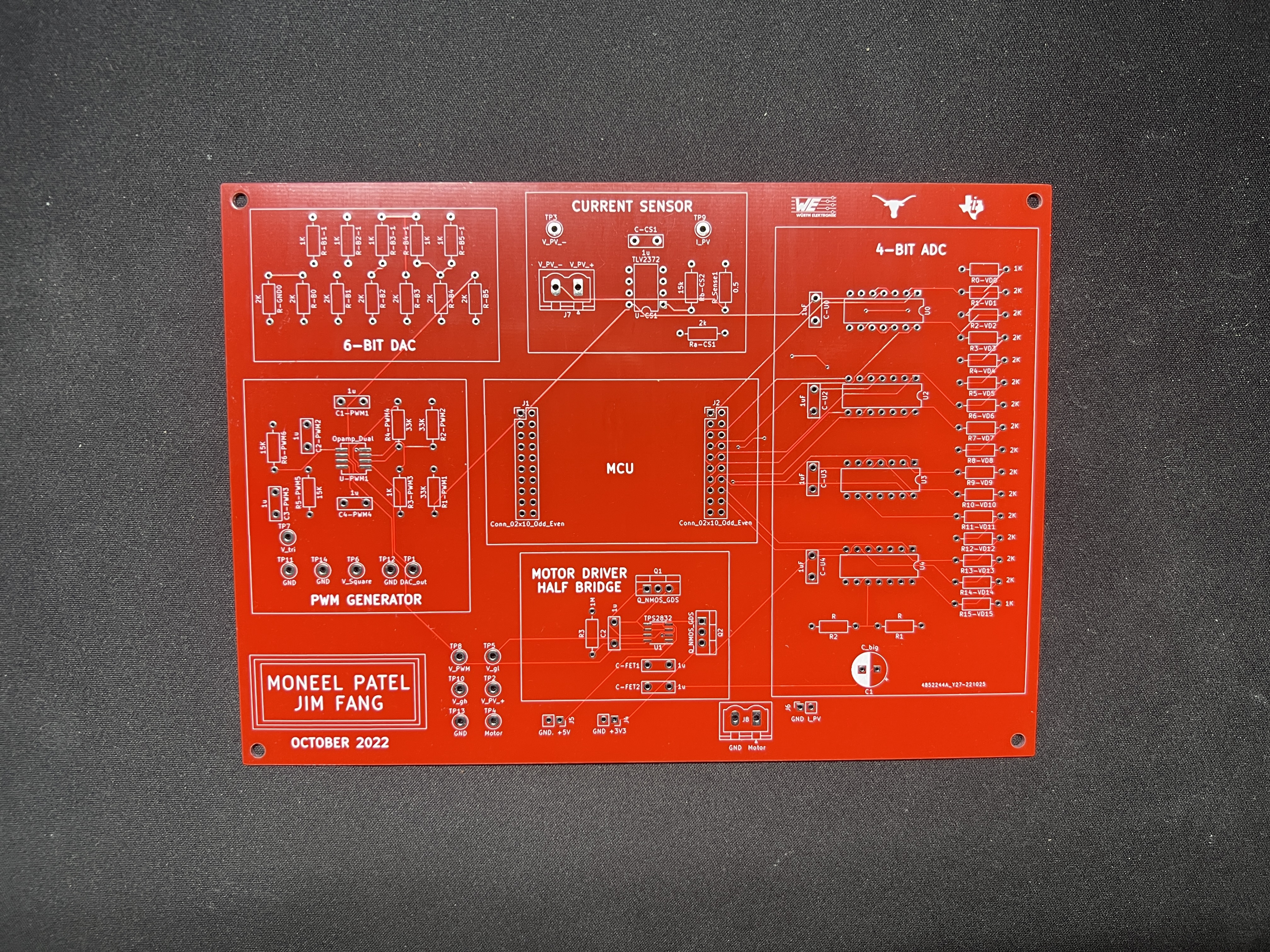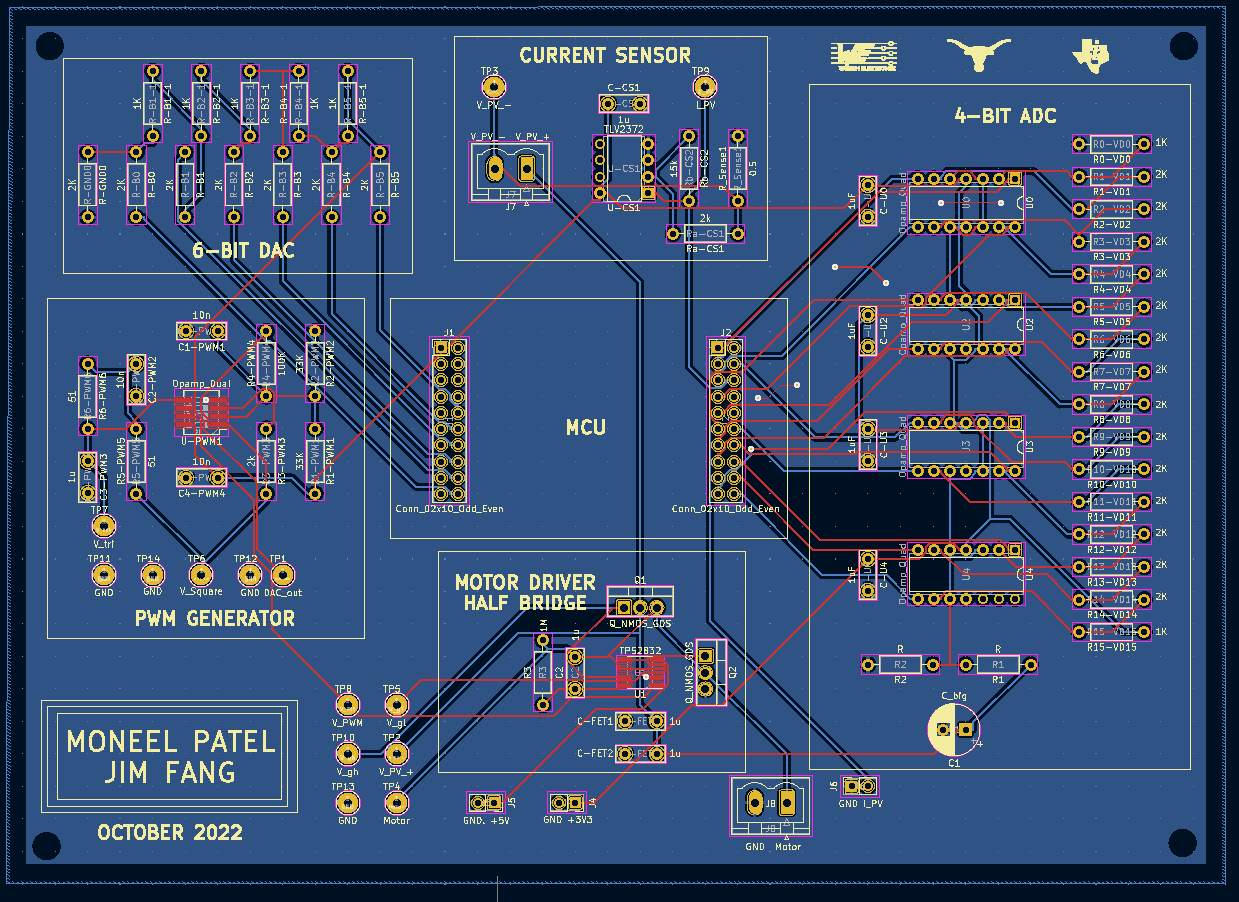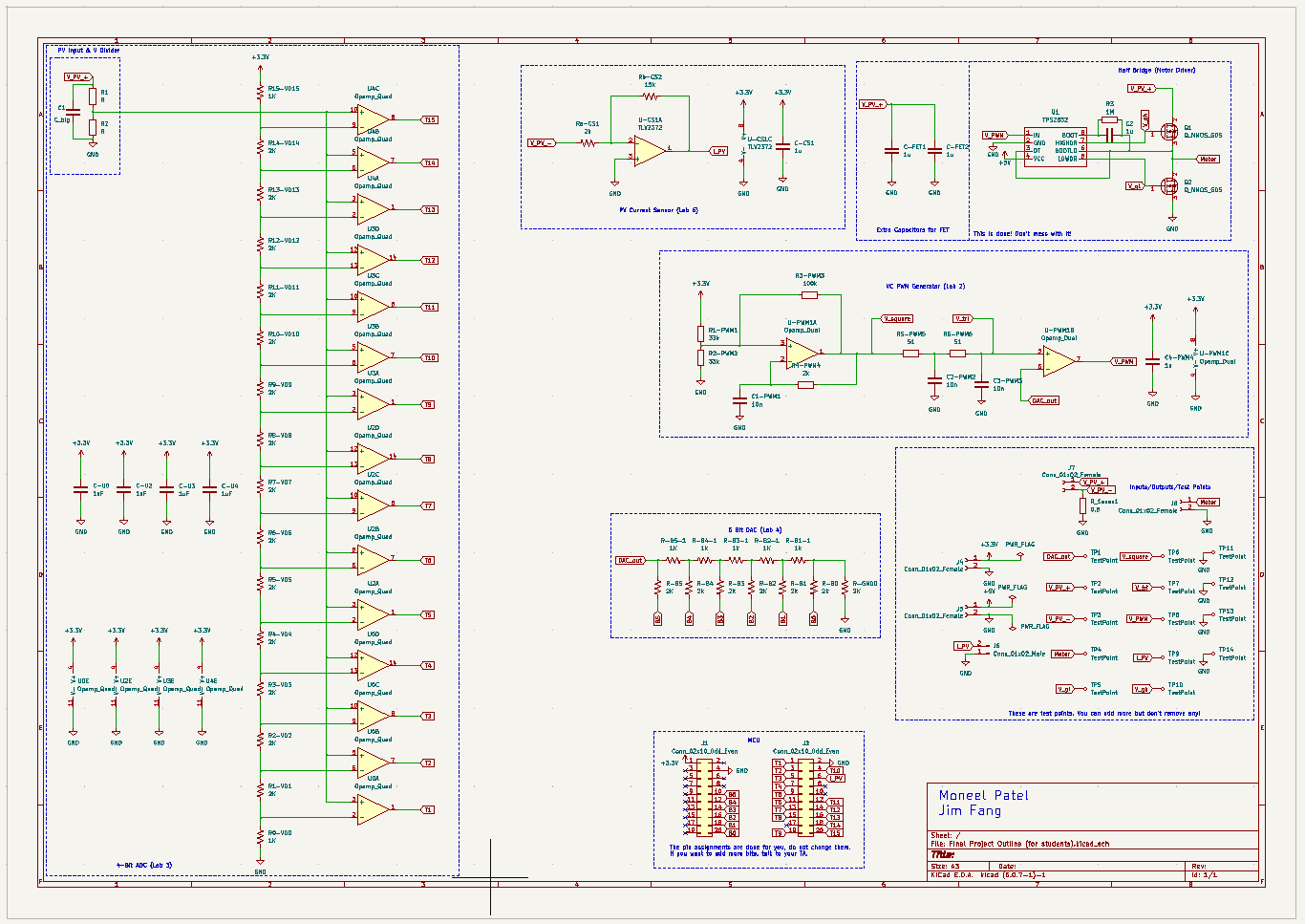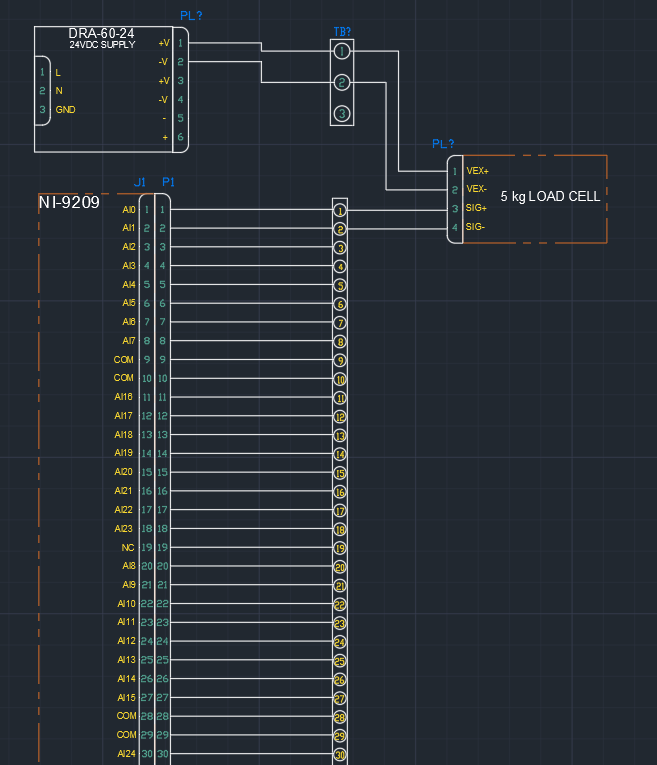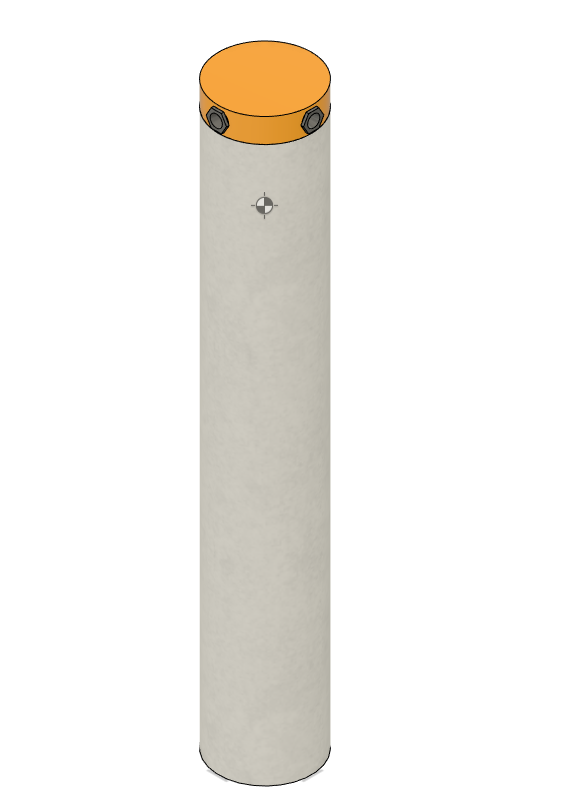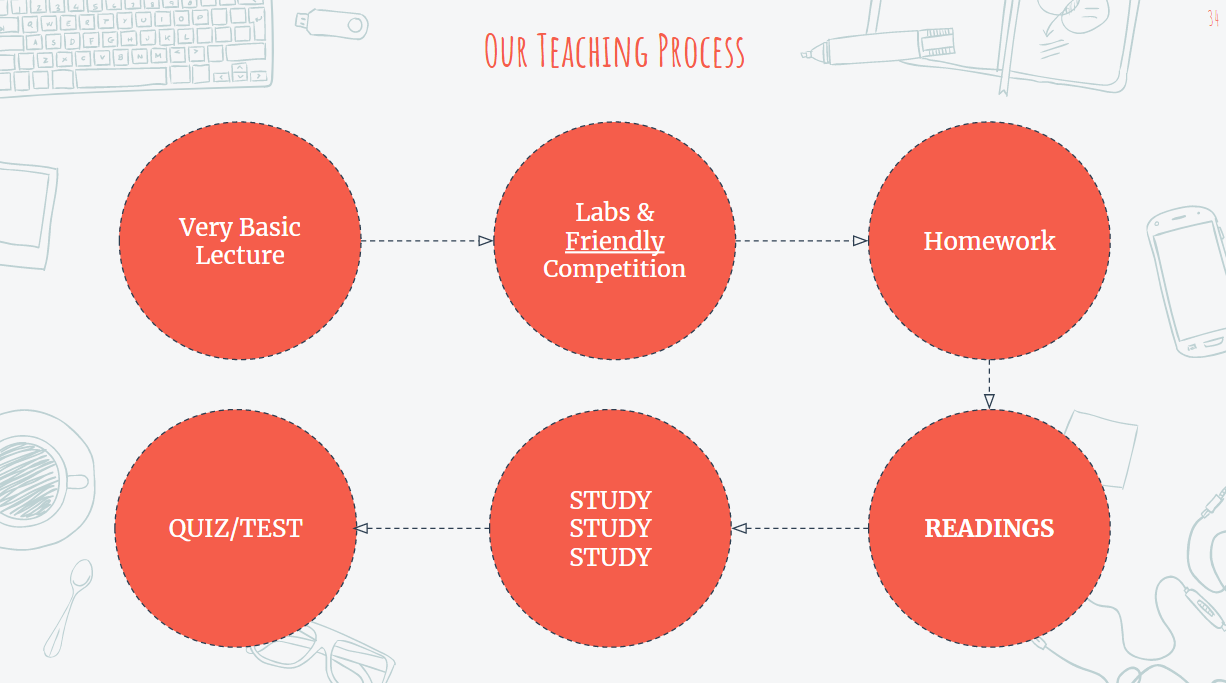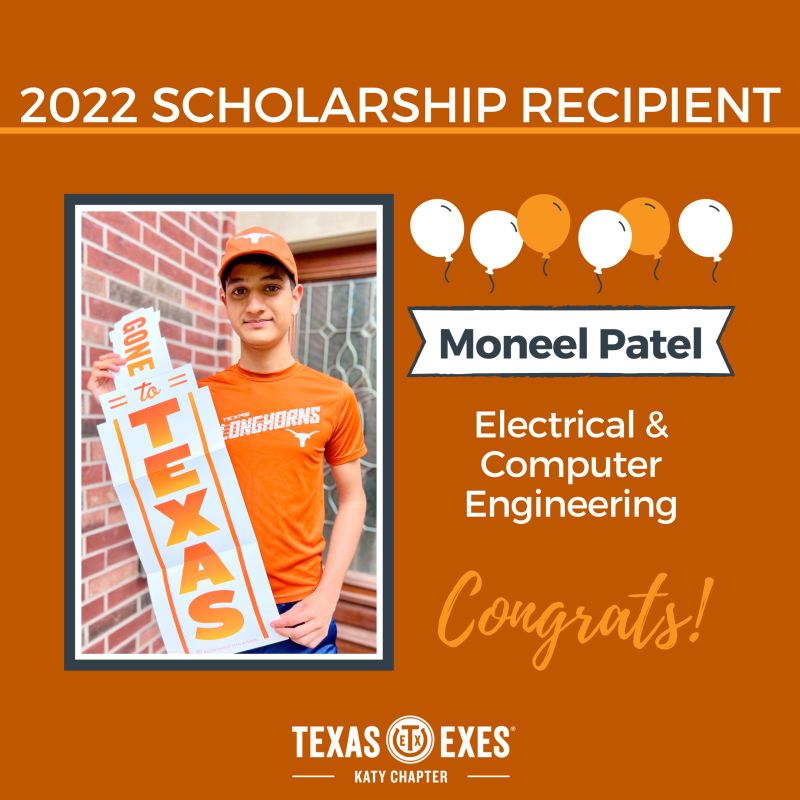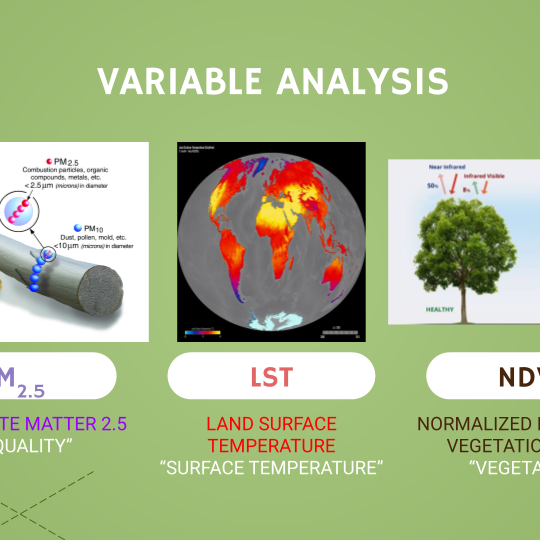Hi! My name is Moneel Patel. As an undergraduate at The University of Texas at Austin, I'm studying Electrical and Computer Engineering, focusing on Software Engineering and Embedded Systems. Eager to apply my knowledge to real-world scenarios. With a passion for learning and product design, I aim to transition into roles involving embedded C software, C++, or quantitative analysis after deepening my understanding of electrical engineering, math, and finance.

Moneel Patel
Software Engineer Developer Student

Moneel Patel
Software Engineer Developer Student
-
Moneel Patel
About Me
Hi! My name is Moneel Patel. As an undergraduate at The University of Texas at Austin, I'm studying Electrical and Computer Engineering, focusing on Software Engineering and Embedded Systems. Eager to apply my knowledge to real-world scenarios. With a passion for learning and product design, I aim to transition into roles involving embedded C software, C++, or quantitative analysis after deepening my understanding of electrical engineering, math, and finance. I am incredibly fortunate to be at UT Austin, working with such amazing people, and I am always ready to take on new and exciting projects. Cheers!
Technical Skills
- Software Development
- Embedded Systems
- Web Development
- Game Development
- Product Development
ProgrammingLanguages
Education Timeline
-
2022 - 2025
University of Texas, Austin
Bachelor of Science in Electrical and Computer Engineering -
2018 - 2022
Seven Lakes High School
Rank: 8/954
Working Timeline
-
Sep 2025 - Nov 2025
Atomus
Software Engineering Intern -
May 2025 - Aug 2025
Linkedin
Software Engineering Intern -
May 2024 - Aug 2024
Linkedin
Software Engineering Intern -
Jan 2023 - Present
Mobile Persuasive Computing Lab, UT Austin
Undergraduate Research Assistant -
May 2023 - July 2023
Chevron
Software Engineering Intern -
Jan 2022 - May 2022
Arion Blue
Software Engineering Intern -
Jun 2021 - Aug 2021
NASA
SEES Urban Heat Island Effect Research Intern -
May 2020 - Jul 2020
Destined for X
Student
Written Recommendations
-
I've had the pleasure of knowing Moneel Patel for about a year, and he consistently impresses me with his intellect, creativity, ambition, and passion. Moneel truly stands out, demonstrating unique personality traits and academic potential. The 2020-2021 school year brought challenges due to the shift to online learning, but Moneel excelled. His intellect was immediately apparent in each assignment he submitted. He often stayed after class to ask questions, share his thoughts, and collaborate with his peers. His personality traits, combined with his mind, will make him an invaluable asset to any team or company. Moneel initially struggled with organization and concise phrasing in his writing, despite demonstrating plenty of insight. Through dedication and a willingness to solicit feedback, his writing improved dramatically throughout the year, revealing complexity and sophistication. He calmly and attentively works to improve for the sake of learning. Aside from his work in my class, Moneel is also a superstar in robotics, computer science, and the Technology Students Association. He consistently exhibits deep and genuine learning, introspection beyond the level of his peers, and warm humility. Moneel's accomplishments already far outweigh those of his peers. I encourage you to look closely at his resume and the various projects he has included. These will reveal his competence and experience more successfully than I can describe. In conclusion, Moneel is uniquely intellectual, a growing leader, and a great thinker. I recommend him without hesitation.
Amy Gaden
AP English Language & Composition Teacher -
Moneel Patel’s knowledge of the recent college application process and the system towards success is unparalleled. His guidance in both curricular and extracurricular achievements really helped me build both a stronger resume and hone in on my interests, both making my profile and essays stronger. Being an extremely successful and enterprising student himself, the advice that Moneel Patel has given me was the most up to date, applicable and realistic. He knows what opportunities build a better profile and highly recommend his services. Through his detailed explanations and carefully curated advice, I was able to approach the college application process with confidence instead of fear.
Akash Joseph
Seven Lakes HS Class of 2023 Valedictorian -
I personally liked the Java class that Moneel teaches. Moneel keeps students engaged. He also is very informative and always has time for questions at any time. The homework is good and really does make you remember what you learned. This class made me ready for java. I recommend this class for anyone who wants to learn java. He makes sure everyone is on the same page by doing trivia. He is more informative than other teachers and he adjusts the classes based on your level of learning. If we have extra time, which we usually do, he also tells us useful information about computers and how they work.
Anmol Davangan
Mentee Student -
I am highly impressed with Moneel's exceptional teaching skills, effective communication, and invaluable support in helping my son, Anmol, learn Java. Anmol thoroughly enjoyed the three-day course and benefited greatly from it, acquiring significant knowledge and skills in the subject matter. Moneel's dedication and expertise made the learning experience both enjoyable and enriching for my son.
Hemender Davangan
Parent of Mentee Student -
Moneel Patel has contributed loads to Seven Lakes High School. He is an exemplary student with his academic performance and is a very valuable asset to our school both inside and outside the classroom. He has taken the most rigorous course load at our school and continues to challenge himself his senior year. His competitive spirit allowed him to land a spot in the NASA SEES internship program and allowed him to win many competitions in the organizations that he is in. He helps his teachers and students as much as he can, and he has spent a lot of time in the school organizations FBLA, TSA, and Robotics. Although he is academically gifted, he also values being sociable to his peers and teachers. He always tries to make everyone around him smile as he cracks jokes often. From my experience, it is very rare for students of his caliber to also be so easily able to draw up a conversation and learn from others. He is very ambitious when it comes to his goals of becoming a software engineer and works on his own time to learn as much as he can about the field and additional skills that can help him in the future. He has a clear passion for engineering embedded in his personality, and he spends much of his time volunteering in STEM education. As a natural leader that takes advantage of all the resources that he has access to, I believe that Moneel would be an incredible addition to your university or company.
Janie Bazargani
High School Counselor
Engineering Portfolio
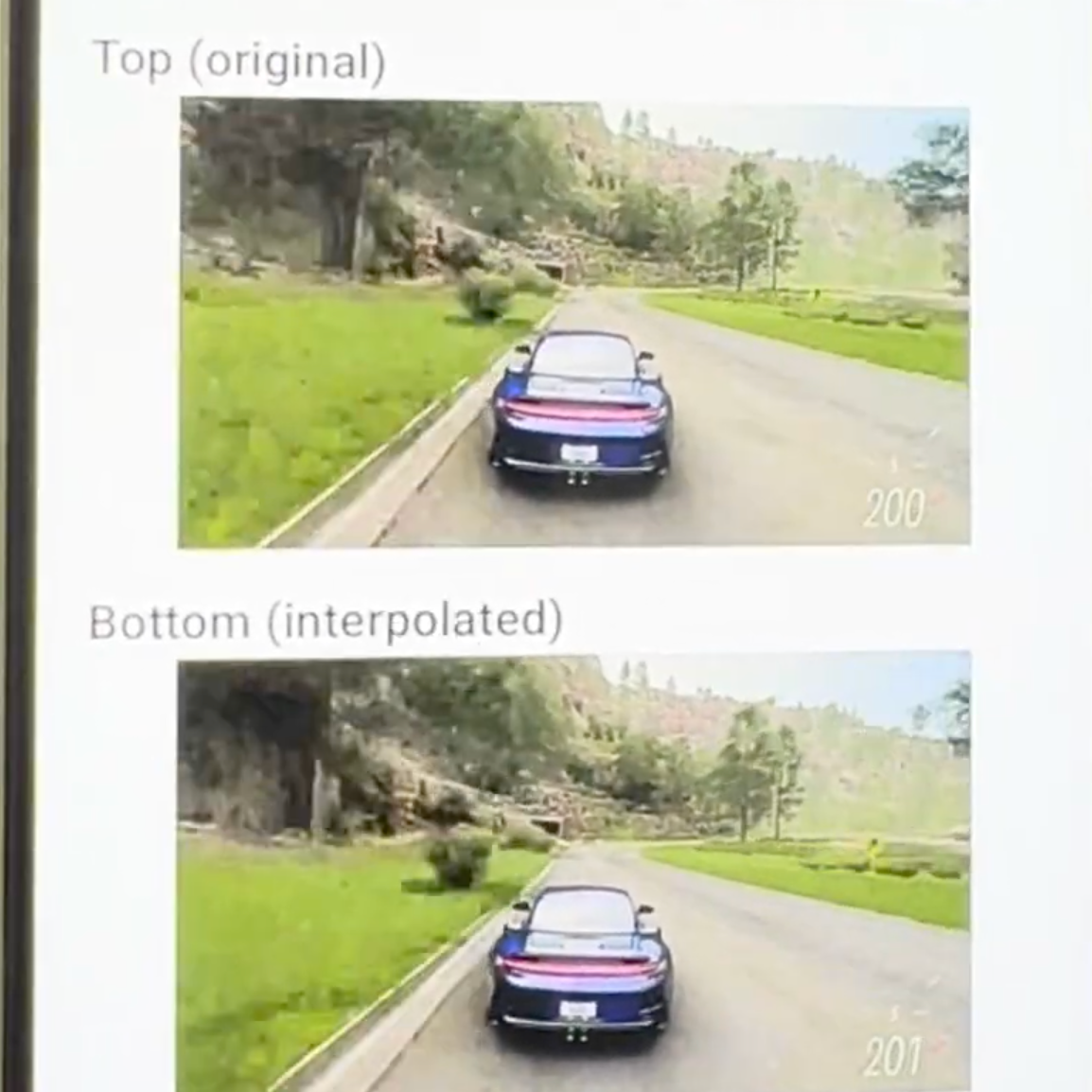
Qualcomm QIDK AI Frame Interpolation
ECE464H - Senior DesignAs part of a senior design team, I worked on an AI-driven video frame interpolation pipeline specifically crafted for the Qualcomm Innovators Development Kit (QIDK). The project addressed the challenge of graphically demanding mobile applications—such as video games—that push on-device GPUs to their limits, causing noticeable lag and stuttered playback. Our solution employed deep learning to synthesize high-quality intermediate frames, effectively boosting input video frame rates from 30 FPS to 60+ FPS while maintaining low latency and minimal resource usage.
Drawing inspiration from NVIDIA's DLSS technology, we evaluated multiple state-of-the-art interpolation models including FILM, RIFE, FLAVR, IFRNet, and their lightweight variants. After extensive benchmarking, we selected RIFE Lite as our deployment model due to its optimal balance between computational efficiency and output quality. The model was trained and tested on progressively complex datasets—from simple Pac-Man gameplay to sophisticated Street Fighter footage—to validate performance under real-world deployment scenarios with fast motion, complex visual effects, and dynamic color palettes.
The system architecture integrated WebSocket-based communication for real-time frame streaming, SQLAlchemy ORM with Alembic migrations for managing user workspaces and execution logs, and a temporal smoothing filter in post-processing to minimize flicker artifacts. The final deployment included a fully functional Android application running on the QIDK, featuring side-by-side synchronized video players that demonstrated the original and interpolated videos simultaneously. The app provided real-time performance metrics, including per-frame latency measurements, allowing users to observe the computational efficiency of the hardware-accelerated model.
This project showcased my ability to work on complex embedded AI systems, from model selection and training through quantization, hardware deployment, and real-time application development. It demonstrated proficiency in deep learning frameworks (TensorFlow, PyTorch), embedded systems optimization, and cross-platform integration—combining performance optimization, clean architecture, and rigorous testing methodologies to deliver a production-grade solution on resource-constrained hardware.
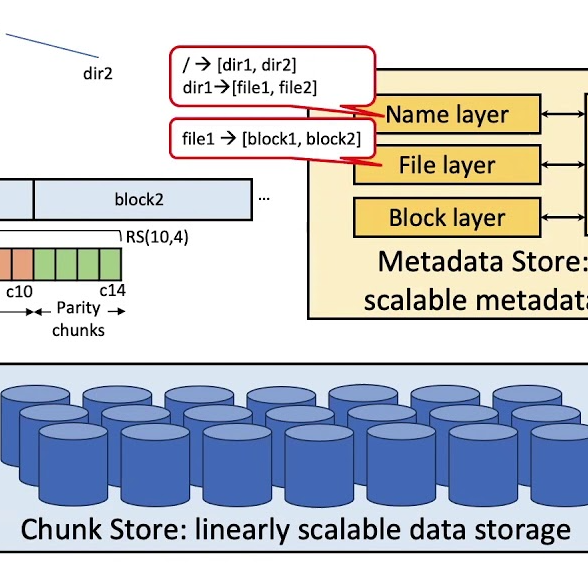
MiniTectonic-RS
Multitenant Block Storage SystemBefore joining LinkedIn, I built MiniTectonic-RS as a personal project to deepen my understanding of Rust and distributed storage systems. Inspired by Meta's Tectonic Filesystem, this simplified multitenant block storage system demonstrates the core principles of scalable, tenant-isolated blob storage with a strong emphasis on data integrity.
The project implements SHA-256 checksum verification for data integrity, efficient metadata storage using the sled embedded database, and support for large files through streaming I/O. The system provides complete tenant isolation, ensuring that different users' data remains securely separated while sharing the same underlying storage infrastructure.
This project served as a hands-on exploration of Rust's ownership model, async runtime, and performance characteristics—preparing me for the systems-level challenges I would later encounter in production environments. The command-line interface provides intuitive access to all storage operations, making it easy to experiment with multitenant blob storage concepts.
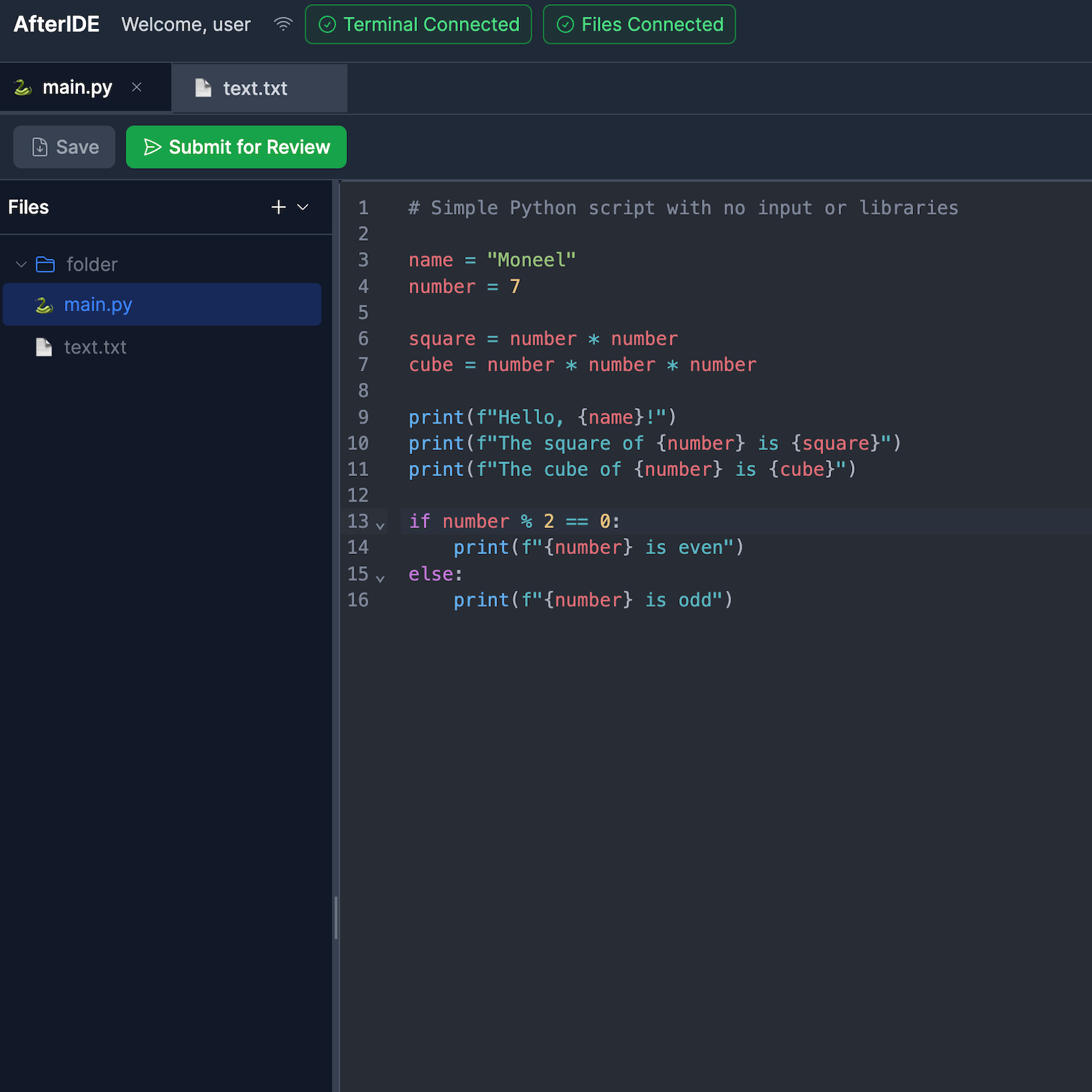
AfterIDE
Web-Based Python IDEDuring my time developing AfterIDE, I created a fully functional, web-based Integrated Development Environment (IDE) designed to mimic the experience of modern desktop coding platforms while running entirely in the browser. The system was architected using a Python FastAPI backend and a React TypeScript frontend, demonstrating my ability to design and integrate scalable, real-time full-stack systems.
This project was a rigorous exercise in backend infrastructure, frontend development, and real-time communication. I implemented WebSocket-based bi-directional communication to enable a live terminal that executes commands and streams Python script outputs directly in the browser. On the frontend, I integrated the Monaco Editor (used in VS Code) to provide syntax highlighting, autocompletion, and file editing capabilities. The file management system allowed users to create, edit, and organize workspaces seamlessly within the browser environment.
The backend utilized SQLAlchemy ORM with Alembic migrations for database schema management, ensuring scalable persistence of user data, workspaces, and execution logs. To ensure security and reliability, I implemented JWT-based authentication and authorization, as well as comprehensive unit, integration, and end-to-end testing. The entire system was containerized using Docker and deployed to Railway, showcasing production-grade deployment practices.
This project reflected my ability to build complex, real-time web applications from the ground up, combining system design, networking, and software engineering principles. It served as a capstone demonstration of my full-stack development expertise, uniting performance optimization, clean architecture, and usability into a cohesive, browser-accessible development environment.

CrunchClassify
Real-time Food Recognition via AudioCrunchClassify is a real-time food recognition system that leverages mastication acoustic analysis to identify what a person is eating using only audio captured from a smartphone microphone. The project explores the intersection of machine learning, signal processing, and mobile computing to create a practical dietary monitoring tool that requires no wearable devices or invasive sensors.
The system uses a CNN-BiLSTM architecture with an attention mechanism to analyze chewing sounds across 10 distinct food categories including apples, bananas, carrots, chips, fries, grapes, peanut butter, popcorn, rice, and sandwiches. The baseline Python implementation achieved 73.1% accuracy using a 58-dimensional feature vector derived from MFCCs, chroma features, spectral characteristics, and RMS energy. Data augmentation techniques including time stretching, pitch shifting, and noise addition improved cross-participant validation accuracy from 62% to 73.1%.
For real-time deployment on Android, I implemented three model architectures using PyTorch Mobile: a convolutional neural network, a VGGish feature extraction model, and an autoencoder-based approach. The VGGish model performed best with 41.86% real-time accuracy, demonstrating the challenges of generalizing acoustic eating patterns across different individuals. The project included comprehensive signal processing, feature extraction pipelines, and mobile optimization to enable sub-second classification latency on consumer smartphones.
This work demonstrates proficiency in deep learning, audio signal processing, mobile deployment, and the practical challenges of building real-time ML systems. It highlights the importance of data augmentation, model architecture selection, and the significant gap between controlled laboratory conditions and real-world deployment scenarios.

LinkedIn Systems & Infrastructure
Software Engineering InternshipsDuring my Summer 2025 internship on the Distributed Blob Storage team, I designed and implemented a scalable bitrot detection service for LinkedIn's exabyte-scale storage platform using Rust. The service enables proactive data integrity monitoring across distributed storage repositories through a priority-based selection strategy. I developed a background verification pipeline capable of scanning over 150 million chunks per day across 2,500+ storage nodes, utilizing low-priority I/O scheduling to ensure zero interference with live production traffic during internal testing.
The implementation included comprehensive testing with fault injection techniques, simulating checksum mismatches and disk read failures to validate detection accuracy. Through rigorous unit and integration testing across continuous multi-day test cycles, the system achieved more than 99.99% detection accuracy with zero false positives. This work demonstrated my ability to build production-grade distributed systems in Rust, focusing on reliability, performance, and operational safety at scale.
In Summer 2024, I worked on the Pub/Sub Metadata System team (Kafka/Northguard), where I designed and implemented a server-side load balancing system using Java. The system enabled both periodic and on-demand execution, dramatically reducing cluster load convergence time from one week to six hours—a 28x improvement. I developed and rigorously tested four different load balancing solutions, evaluating their performance characteristics to identify the approach that reduced average server CPU utilization by 35% and decreased request latency by 22%.
The load balancing system was integrated with comprehensive logging, monitoring, and unit tests before being deployed across all clusters. The deployment maintained 99.99% uptime during rolling updates and achieved less than 1% error rate under varying loads. These internships showcased my expertise in distributed systems, infrastructure engineering, performance optimization, and building reliable software that operates at massive scale.
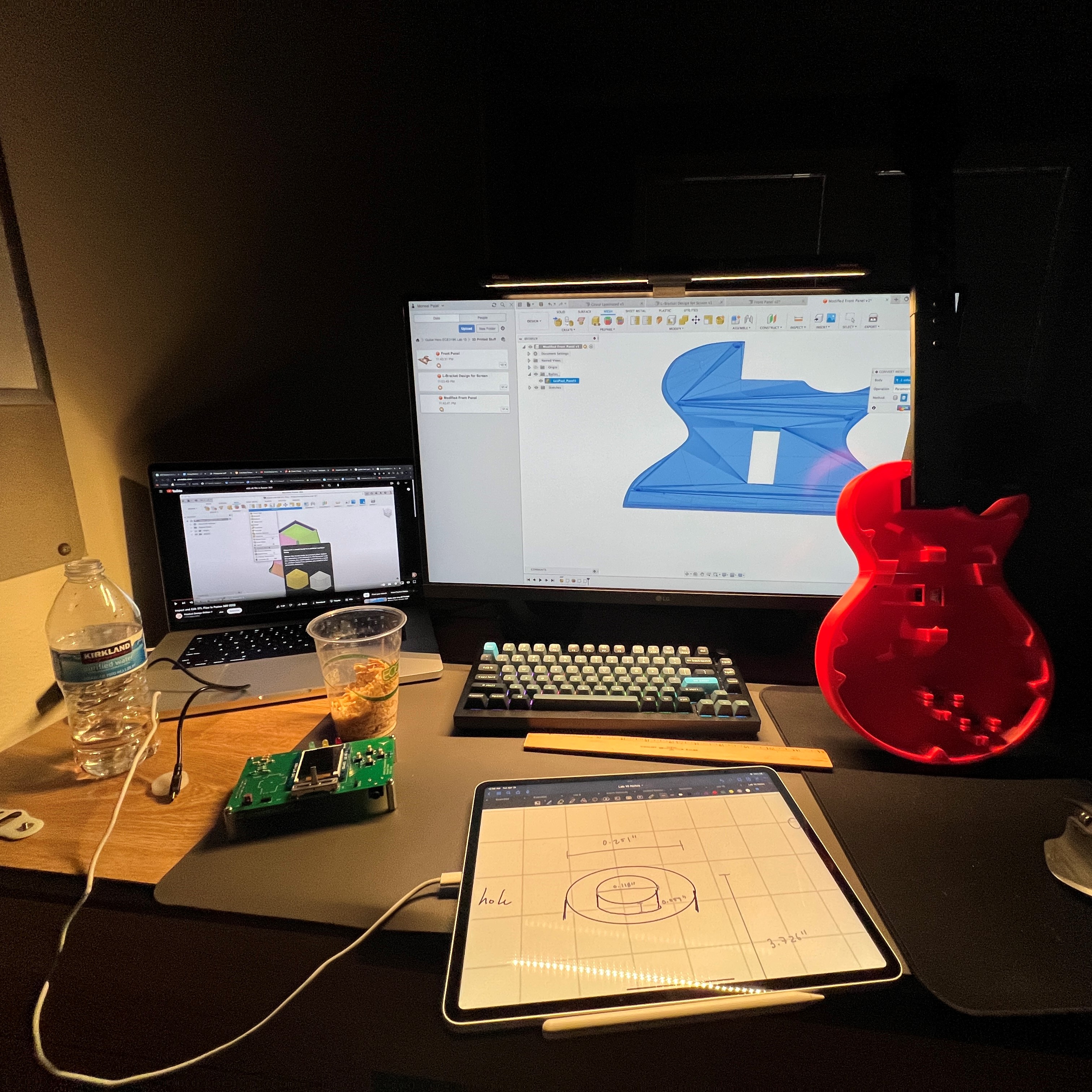
Strum Master
ECE319KIn the ECE319K introductory course to embedded systems, guided by Dr. Ramesh Yerraballi, my final project was the creation of a fully independent, 3D printed Guitar Hero game. The game was specifically designed to operate on the TI TIVA Launchpad TM4C microcontroller, demonstrating the depth of my expertise in working with embedded systems, C programming, ARM Assembly, and ARM Cortex-M technologies.
This project was a testament to the blend of hardware and software skills, as it involved designing an engaging, interactive game that mirrored the exciting essence of the original Guitar Hero, with the difference being that my version was completely stand-alone. Powered by an external battery pack, the game required no PC or console connections to function, providing an unparalleled, on-the-go gaming experience.
Executing this project in a challenging 2-week timeframe while preparing for final exams tested my capacity to effectively manage resources and deliver high-quality results under intense pressure.
The project also involved considerable CAD work modifictations the guitar interface. I modified some CAD parts online that were designed by josh designs, and printed them in the Texas Inventionworks Makerspace. I aimed to achieve an ergonomic and easy-to-use design that was subsequently brought to life using 3D printing technology. The resulting interface was not only aesthetically engaging but also functional, allowing users to directly interact with the game in an intuitive manner.
This project was a practical application of my knowledge of embedded systems and low-level programming languages, CAD skills, and ability to work under strict deadlines. It represented a significant accomplishment, proving my ability to create stand-alone, fully functional gaming systems.

Elevator Motor Bridge Driver PCB
ECE302HThe centerpiece of my final project for the ECE302H course, under the guidance of Dr. Alex Hanson, was the design and construction of a multifaceted Elevator Motor Bridge Driver PCB. This circuit board served as a comprehensive solution for harnessing the power generated by a photovoltaic cell to drive a motor.
The PCB was conceived using KiCad software and was composed of several integral components, each playing a pivotal role in its functioning. The heart of this system was the Texas Instruments TM4C microcontroller, which governed the operation and communication among other modules.
To ensure robust digital-to-analog and analog-to-digital conversion, I incorporated a 6-bit Digital-to-Analog Converter (DAC) and a 4-bit Analog-to-Digital Converter (ADC). These devices were crucial in processing the signals flowing in and out of the microcontroller.
Alongside this, I designed a PWM (Pulse Width Modulation) generator to control the power delivery to the motor. Coupled with this, a Motor Driver Half Bridge was included to provide the necessary drive current for the motor operation.
A sophisticated current sensor was also incorporated to ensure that the power delivery from the photovoltaic cell was effectively regulated. Additionally, the design included multiple test points across the PCB, which served as critical junctures for verifying voltage levels, thus enabling meticulous debugging and validation of the entire system.
Upon finalizing the PCB design, I painstakingly soldered the components, bringing the virtual design into reality. Post assembly, I tested the functionality of the PCB to validate its effectiveness in driving a motor using power from the photovoltaic cell.
A hill-climbing algorithm was implemented to maximize the power delivery efficiency, ensuring the optimal operation of the motor to drive an elevator. This endeavor, steeped in complexity, provided me a profound experience in Printed Circuit Board (PCB) design and enhanced my knowledge in managing multifaceted electronics components within a single system.

NASA SEES
Urban Heat Island Effect ResearchIn the summer of 2021, I had the esteemed opportunity to intern as a SEES Urban Heat Island Effect Research Intern. During this period, I had the privilege to work under the mentorship of Dr. Kevin Czajkowski, a recognized authority in geospatial technologies, and his dedicated team.
The core of my research focused on modeling environmental factors in correlation to the Urban Heat Island Effect. This endeavor involved the advanced application of artificial intelligence technologies. Key to this process was the utilization of a machine learning cellular automata simulation, which enabled the visualization of the implications of urban sprawl on urban heat islands.
To ensure the accuracy and comprehensiveness of the research, I employed LANDSAT satellite and purple air data, manipulating these vast and complex data sets through GIS software. This methodology facilitated a profound understanding of the environmental patterns and trends associated with the Urban Heat Island Effect.
Upon completing my extensive analysis, I collated my findings into a well-articulated research paper. I then had the opportunity to present this paper to a panel of experts in the field, effectively communicating the profound impact of urban sprawl on the Urban Heat Island Effect.
This enriching internship with SEES significantly broadened my understanding of environmental science and honed my technical prowess in artificial intelligence, machine learning, and GIS software.
A year later, my exploration into the effects of the Urban Heat Island (UHI) did not stop. As part of my Advanced Placement Research, I continued my investigative journey, focusing on the relationship between particulate matter 2.5 (PM2.5), land surface temperature (LST), and the normalized difference vegetation index (NDVI). Understanding these interconnections further unraveled the intricacies of the UHIE, a phenomenon causing urban regions to experience higher temperatures compared to their surrounding suburban and rural areas, largely due to increased impervious surfaces and diminished vegetation.
My research leveraged advanced spatial modeling techniques to process Landsat 8 satellite data, examining the influence of NDVI on LST and PM2.5 levels. PM2.5 data was sourced from PurpleAir, a small sensor aerosol monitoring network, providing reliable and granular information. The research focused on the greater Austin, TX region, a previously under-explored area in terms of UHIE, despite the availability of comprehensive data networks for the key variables.
Through methodical selection, thirty-five sample locations were identified across the Austin city region where Purple Air sensors were installed. This enabled a thorough understanding of spatial patterns and the variability in the UHIE data. The results were enlightening; a linear regression of LST and NDVI revealed a negative correlation (R=-0.602); NDVI and PM2.5 showed a negative correlation (R=-0.276); and LST and PM2.5 exhibited a positive correlation (R=0.155). These findings suggested that PM2.5 levels might intensify the UHIE, much like how urban areas with dense artificial land cover tend to have higher surface temperatures.
This study underscores the need for further research into the UHIE in the greater Austin, TX area, and other potential study areas, highlighting the profound influence that environmental factors such as PM2.5, LST, and NDVI have on our urban ecosystems. This continuing journey of research has not only enriched my understanding of environmental dynamics but also emphasized the importance of sustained investigation in addressing complex global issues.
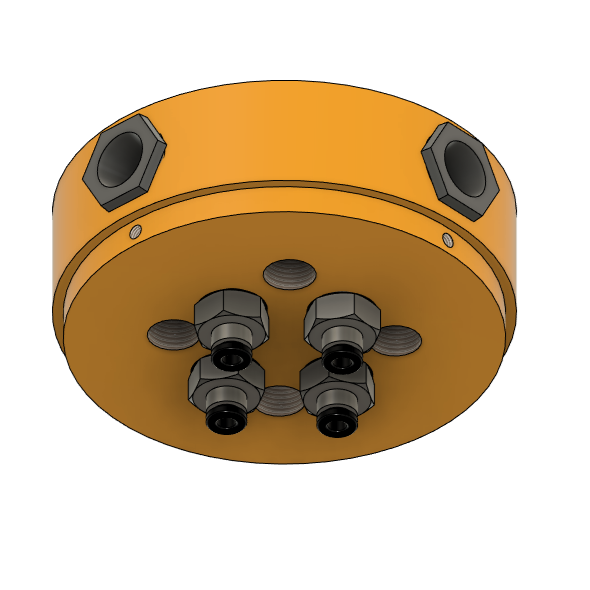
Model Rocket Reaction Control System
KatyISD GTISMIn 2021, as part of KatyISD's GT Independent Mentorship (GTISM), my fascination with the aerospace industry and rocketry culminated in the project: 'Reaction Control System for Stabilization of a Model Rocket.' This endeavor was my proposed solution to a distinct problem - the lack of practical experience in model rocketry that can be applied to real-world scenarios. By developing a functional Reaction Control System (RCS), I was able to delve deep into the challenges faced in designing, testing, and integrating a crucial rocket subsystem.
Throughout this project, I was fortunate enough to be mentored by Shawn Victor, an Avionics Engineer for Blue Origin, and former president of UT makerspace. His guidance was instrumental in my research on existing cold gas propulsion mechanisms for small-scale projects. This project is the zenith of my engineering achievements to date, and the entire journey was an educational rollercoaster that allowed me to apply theoretical concepts into practical applications. It was a constant source of motivation, and it reaffirmed my passion for space exploration and engineering.
In terms of problem identification, my research highlighted a significant gap. The barrier of entry to the field of rocket science can be quite high for students and enthusiasts, often requiring advanced college degrees. However, the reality is that hands-on, amateur rocketry is not only possible but can be highly educational. This lack of accessible starting points can deter potential enthusiasts, leading to decreased interest and a slower growth rate in the field.
To combat this, my proposed solution was to create a universally adaptable Reaction Control System. I discovered that while many high school programs offer space-related education, they often lack the necessary challenge and depth to truly spark interest and learning. Furthermore, most of the available solutions were targeted towards nano-satellites, not rockets. Therefore, my work aimed to fill this gap by providing a comprehensive and challenging project for aspiring aerospace engineers.

Lunar
2022 TSA Video Game DesignIn 2022, I took part in the Technology Student Association Video Game Design competition, where my team and I embarked on a journey to create Lunar, an innovative arcade game for a museum. We interpreted the competition's prompt "arcade museum" in a novel manner, crafting a narrative where the protagonist is sucked into an arcade machine situated in a museum's basement - a scenario reminiscent of the movie Jumanji. This unique approach allowed us to push the boundaries of conventional arcade games, culminating in Lunar securing the 2nd place at the Texas State competition.
The development of Lunar was a meticulous process, predicated on strategic planning and efficient task distribution. Our team brainstormed ideas that encapsulated the essence of an ancient Jade Rabbit story and themes of selflessness and cultural heritage. Following the ideation phase, we divided the game development tasks among team members, ensuring optimal workflow and maximizing team efficiency.
The creation of a comprehensive storyboard was a vital stage of our process. We conceptualized and sketched characters, designed immersive environments, and drafted potential challenges that the players would encounter in the game. The finalized storyboard served as a visual blueprint, informing our development decisions and setting the tone for the subsequent phases of the project.
We employed Unity, a powerful game development platform, to bring our storyboard to life. Unity enabled us to infuse Lunar with dynamic animations, immersive music, and other aesthetic elements that enriched the player's experience. The platform also facilitated the creation of the game model and environment, contributing significantly to the realization of our creative vision.
Asset gathering formed an essential part of our process. With utmost diligence, we handpicked digital assets such as characters and environmental elements to ensure alignment with Lunar's aesthetic and thematic framework. This meticulous selection process was instrumental in weaving a compelling and visually cohesive gaming experience.
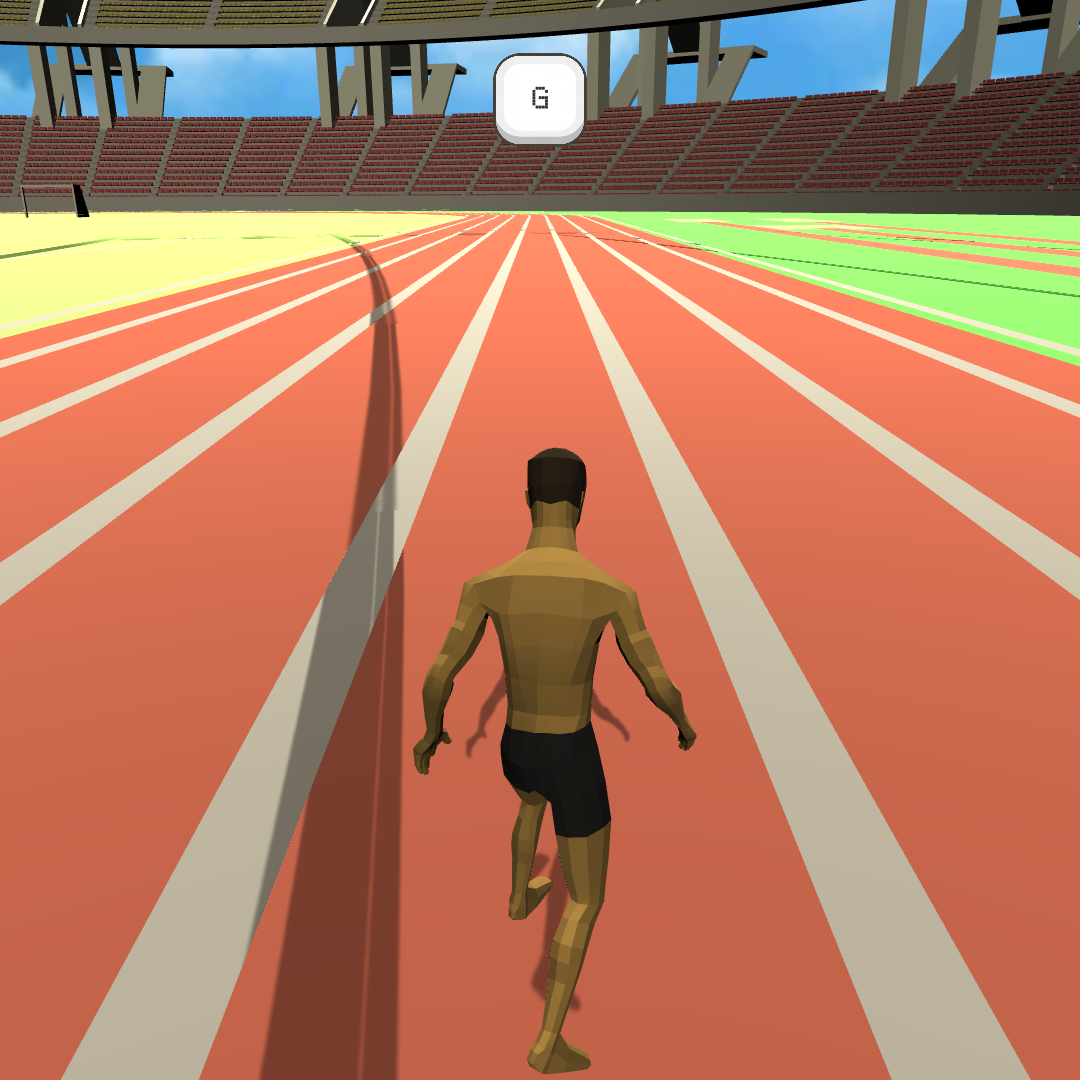
Type Runner
2020 TSA Video Game DesignIn 2020, my journey in game development took its first step with the creation of Type Runner for the Technology Student Association Video Game Design competition. This project offered an immersive platform to amalgamate my skills in programming, modeling, graphic design, and planning, driving me to produce the best introductory game possible. Type Runner embodies the spirit of competition I love in video games, combined with the pedagogical aspect of teaching an essential skill - keyboarding.
Inspired by the athletic prowess showcased in the world-renowned Olympics, Type Runner was envisioned as a high-octane track and field game designed to bolster typing skills and acclimate players to keyboarding. It effectively melds the thrill of sports and competition with education and social value, capitalizing on the increasing ubiquity of keyboarding in our technology-oriented society. In doing so, it fast-tracks the transformation of motor-sensory skills into second nature, yielding quick and effective results.
But the allure of Type Runner goes beyond its educational mandate. Its competitive component is not only intense but also thoroughly entertaining. The game records individual high scores, total time run, and speed, fostering friendly competition and intense matchups among friends or colleagues. This social aspect of the game is its unique selling point, encouraging social interaction through a universally shared skill and strengthening bonds among players.
We competed in the Gulf Area conference, earning a spot in the Texas State competition in Fort Worth, Texas. However, the state competition was unfortunately canceled due to the COVID-19 pandemic.
Targeting a wide array of audience, Type Runner serves as a perfect tool for individuals new to computers or adjusting to a keyboarding environment. From an academic standpoint, it's a valuable resource for students eyeing higher education levels in almost any field. It also caters to those wanting to refine their keyboarding skills or develop proper form. At its core, Type Runner is a vibrant tool that impacts the learning of efficient keyboarding while providing an engaging gaming experience.
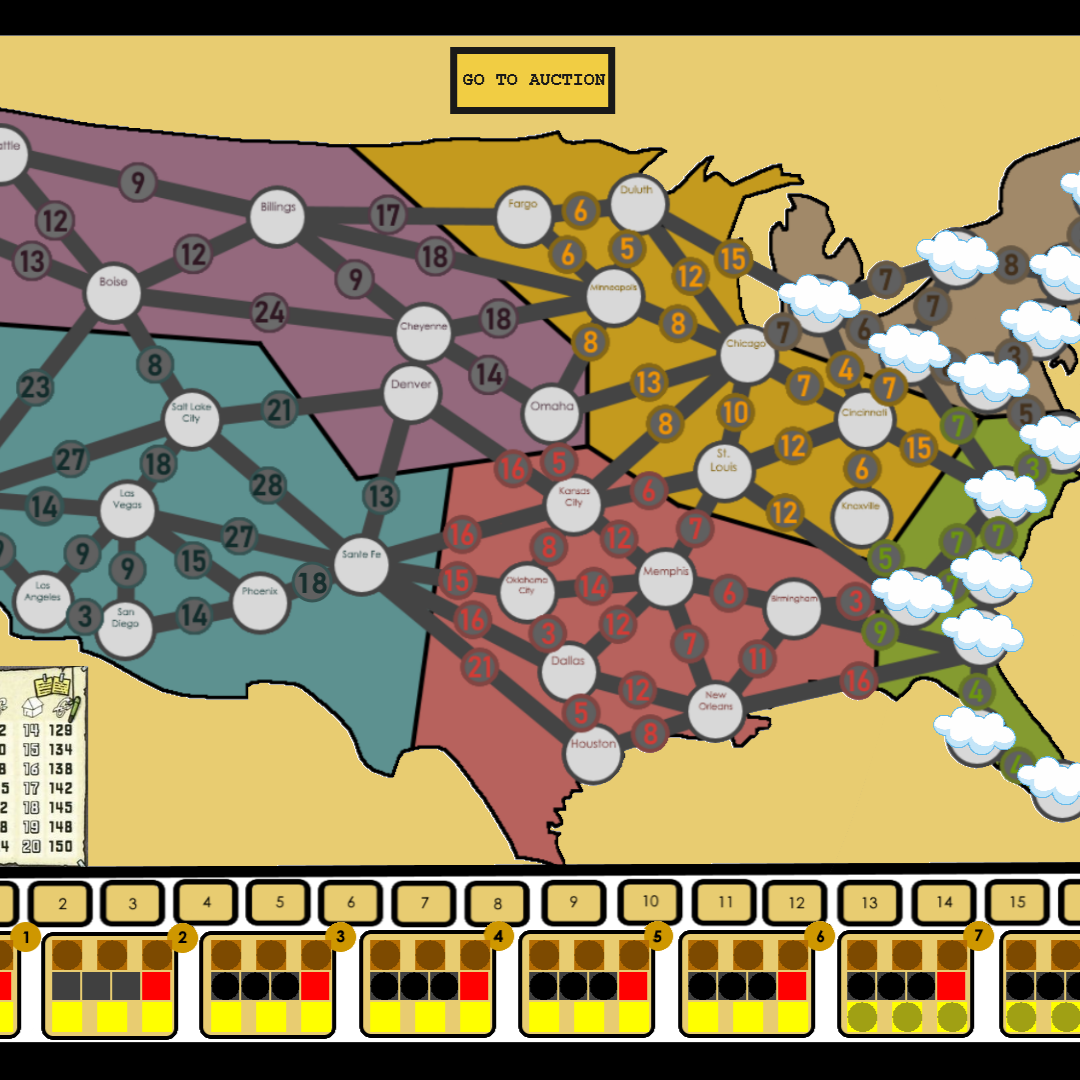
Power Grid
CS Data Structures Final ProjectIn 2020, I had the privilege of leading a team project, "Power Grid," for my Computer Science Data Structures class. Power Grid is a comprehensive board game incorporating elements of pathways, currency, and resource management. This project challenged us to construct everything from scratch - the graphics, game engine, algorithms, and integration, employing an array of data structures, including Arrays, ArrayLists, Linked Lists, Stacks, Queues, Binary Trees, and Red-Black Trees.
One of the highlights of the project was the creation of a detailed 23-page prospectus to lay the groundwork for the game's physical creation. This included a comprehensive UML (Unified Modeling Language) Diagram and a daily work plan to streamline our workflow and ensure every team member was on the same page. This meticulous preparation played an integral role in the successful execution of the project.
The project's crowning achievement, however, was the introduction to and application of graph theory and Dijkstra's algorithm. Graphs, being highly versatile and crucial data structures, became central to our game's mechanics. In our game, the nodes represented the cities that users could purchase and set up power plants in. The goal was to find the shortest path within the player's owned cities to purchase a city at the lowest cost. This practical application of Dijkstra's algorithm, along with concepts of Breadth-First Search and Depth-First Search, was a valuable learning experience.
Leading the Power Grid project served as my initial exposure to project management. It introduced me to the real-world application of computer science in the industry, giving me a deeper understanding of team dynamics and project execution. The project also offered a platform for collaboration with my teammates Ebaad Imran, Chandrashekar Jayendra, and Robert Way, contributing to the project's successful outcome.
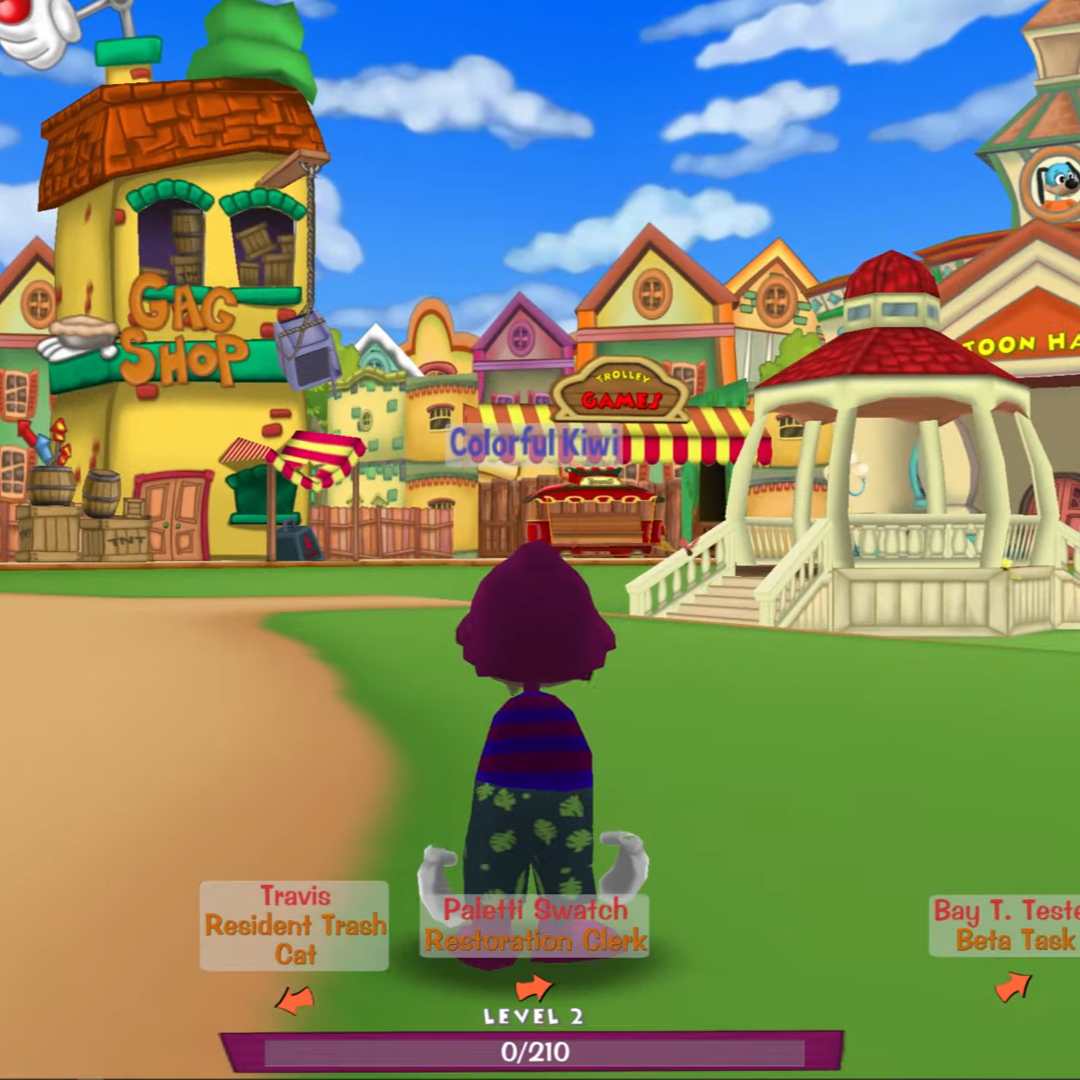
ToonTown: Corporate Clash
Technical MemberIn the summer of 2020, I joined Toontown Corporate Clash, a volunteer-driven project aiming to recreate the beloved MMORPG, Toontown Online, which was unfortunately shut down by Disney in 2013. As a part of the Corporate Clash Crew, comprised of over 50 passionate members, I served as a technical team member, working alongside individuals from a range of subteams including Creative, Moderation, Game Design, Community, and Support.
My primary role involved programming for the team and implementing the creative ideas brainstormed within our group into code through the Panda3D game engine that powers the game. The game's engine, a basic graphic engine largely based on Python libraries, presented unique challenges due to its lack of sophisticated 3D viewers like Unity or Unreal Engine. Learning and adapting to this engine significantly enhanced my understanding of computer graphics at their core.
While my initial responsibility was programming, I naturally evolved into a role where I created training materials for the team. I aimed to simplify the learning curve of our codebase and its organization, benefiting both existing team members looking to broaden their skill set, and new technical team members hoping to quickly familiarize themselves with our codebase. This aspect of my role provided me a deeper insight into web development, backend development with Amazon Web Services, codebase infrastructure, Astron, Distributed Objects, and the process of iterative updates.
Working with the Corporate Clash Crew offered me invaluable experiences beyond the confines of traditional programming courses. Not only did I learn how a fully remote software development team operates, but I also had the chance to work with a diverse set of individuals, each with unique backgrounds and stories, deviating from the standard perception of "Computer Science." It was truly inspiring to see how this project positively impacted many lives, showcasing how programming can be harnessed to create something that many are genuinely passionate about.

FIRST Robotics Competition
Electrical DirectorBetween 2019 and 2020, my involvement with Team 4639, the RoboSpartans, in FIRST Robotics provided an enriching hands-on experience in robotics. In 2018-2019, as a freshman, I was eager to immerse myself in the team and its activities. My journey began with programming our robot, Prosperity, which required me to master Java and various computer science concepts. As my interests evolved, I delved into mechanical and electrical aspects, learning basic tasks like milling, lathing, soldering, and crimping. I gained a solid understanding of designing and creating a fully functional robot from scratch using nuts, bolts, sheet metal, and bearings. Prosperity, equipped with a mecanum drivetrain, ball intake/outtake, an elevator, and disk intake/outtake, competed in the FIRST in Texas Channelview and Del Rio District Events, and for the first time in the team's history, the Houston Championship in the Roebling Division.
Progressing into the 2019-2020 FRC Build Season, I took on a larger role as the electrical director's assistant, overseeing and managing the electrical team. We built our new robot, Beskar, featuring a tank drivetrain with omni wheels, ball intake, ball shooter, turret, and hook climbing mechanism. My responsibilities included soldering, wiring motors, managing power distribution, eliminating short-circuit possibilities, and accommodating space for the electrical and pneumatic systems. I also contributed to the initial prototype stages, further developing my engineering skills through mechanical work on the intake, shooter, and turret. Beskar was successful in the 2020 Channelview competition in Houston, where we placed third and served as team captains. However, due to the COVID-19 concerns, the robot did not compete in the planned Fort Worth and Louisiana events.
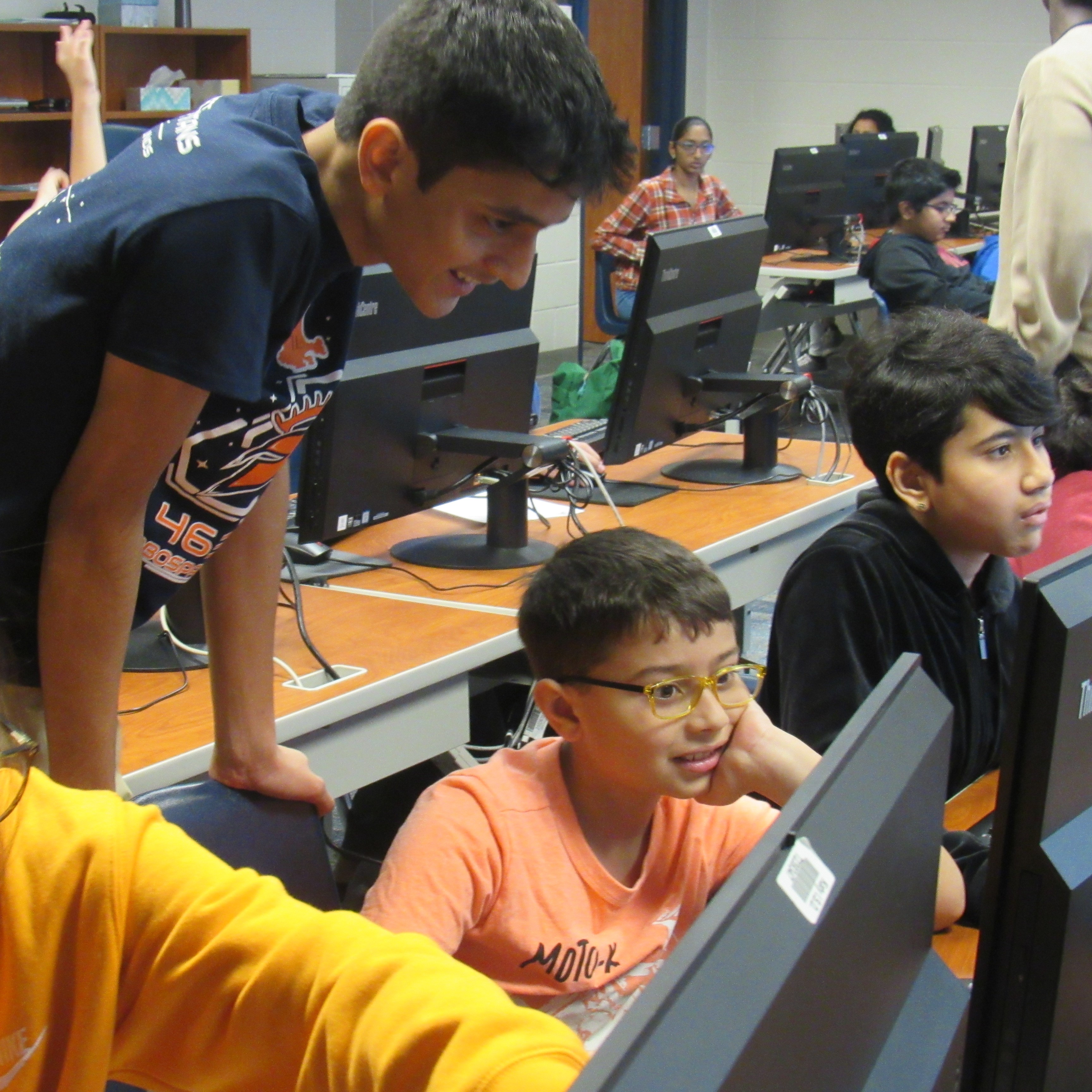
Middle School Winter Java Camp
Camp OrganizerIn 2019, as a member of Team 4639, The RoboSpartans, I had the opportunity to contribute significantly to the Middle School Winter Java Camp. This community-based initiative aimed to introduce young learners to key computer science concepts, such as syntax and data structures, laying the groundwork for future learning in AP Computer Science A. Besides sharing our knowledge, the camp also served as a fundraising effort for our club, successfully raising over $3000.
Under substantial time constraints, my dedicated team and I started planning the camp as early as November, preparing for the upcoming build season in January. Our responsibilities spanned across curriculum design, lesson delivery, and assessment preparation, including tests and quizzes. This project not only allowed me to share my passion for computer science but also unearthed a love for teaching. The enthusiasm and quick grasp of the students were truly rewarding, driving me to deliver the best learning experience possible.
Beyond its educational aspect, the Winter Camp offered me a deep dive into the business world, blending my two interests - business and computer science. I was involved in every facet of the business operation, from devising marketing strategies and advertising the camp to setting the pricing structure and presenting our plans to mentors. The camp proved to be financially successful, netting about $3000 after expenses. I identified the high demand in our community for such initiatives, with limited alternatives available, marking it as a potential, sustainable income source for our team. This experience also highlighted the importance of making such educational opportunities accessible to students, forming the foundation for my subsequent outreach projects.
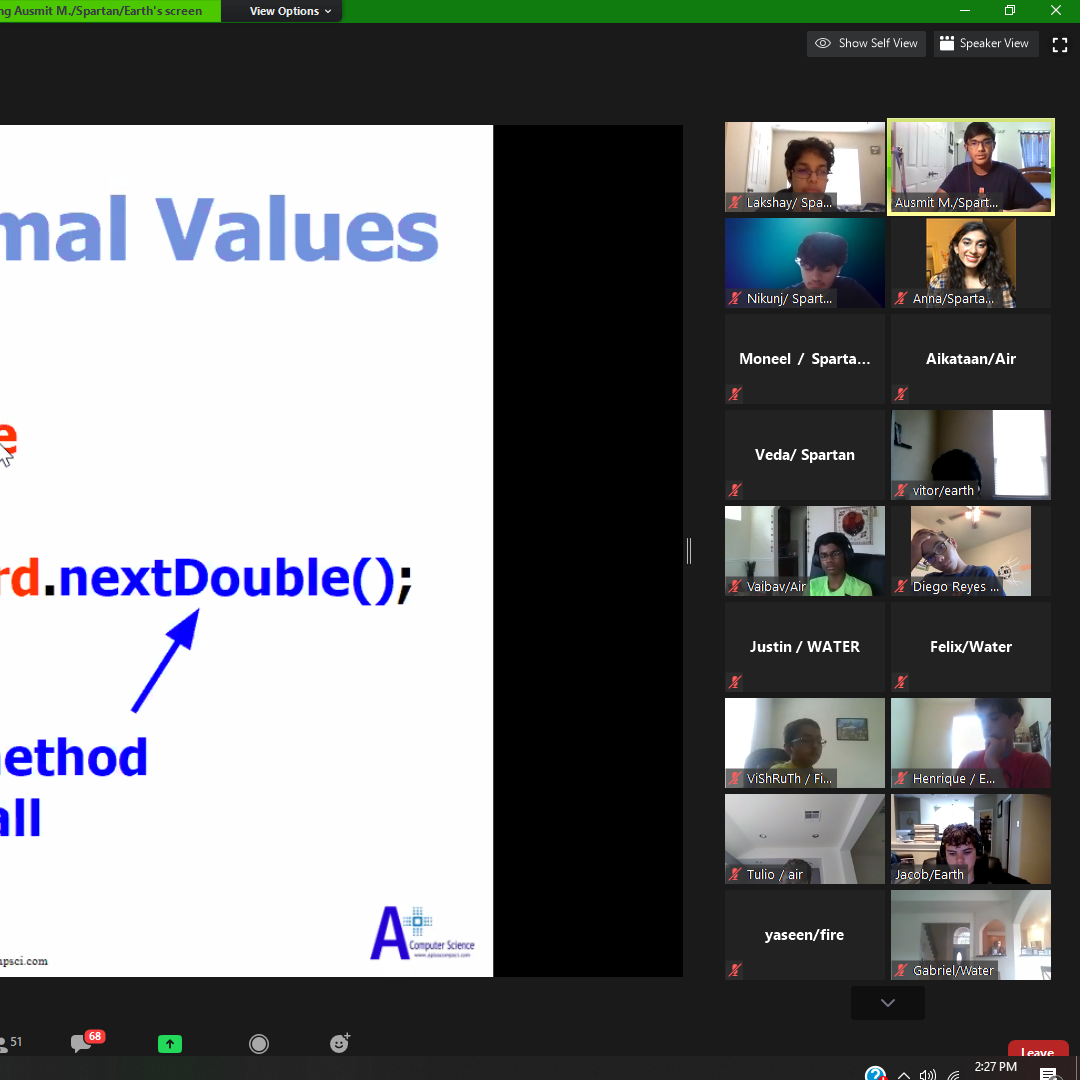
Middle School Summer Virtual Java Camp
Camp OrganizerThe Middle School Summer Virtual Java Camp 2020, organized by Team 4639, The RoboSpartans, was a pioneering online fundraising initiative that aimed to foster a love for programming among young learners. We provided them with an introductory curriculum based on AP Computer Science A, covering essential concepts like syntax and data structures. We also equipped the students with free resources to continue their learning journey post-camp. Despite the challenges posed by the COVID-19 pandemic, this virtual endeavor was a resounding success, raising over $5000 for our club and demonstrating the potential of online education.
The pandemic's onset compelled us to rethink our approach to outreach, especially considering the uncertain economic conditions and potential loss of sponsors from the oil and gas industry. Transitioning to a more affordable, virtual platform proved to be a wise decision, enabling us to avoid physical contact while extending our reach. We conducted two sessions of the camp, spanning four days each over a week, and even offered scholarships or free admissions for students experiencing economic hardship.
What made this camp truly memorable was the surprise visit from four NASA engineers on the final day. They engaged with the students, sharing insights into the real-world applications of programming, their daily tasks, current NASA projects, and future opportunities. This interactive session, culminating in a Q&A, proved immensely beneficial and inspiring for the students. Feedback from both parents and students was overwhelmingly positive, reinforcing our intent to host similar events in the future.
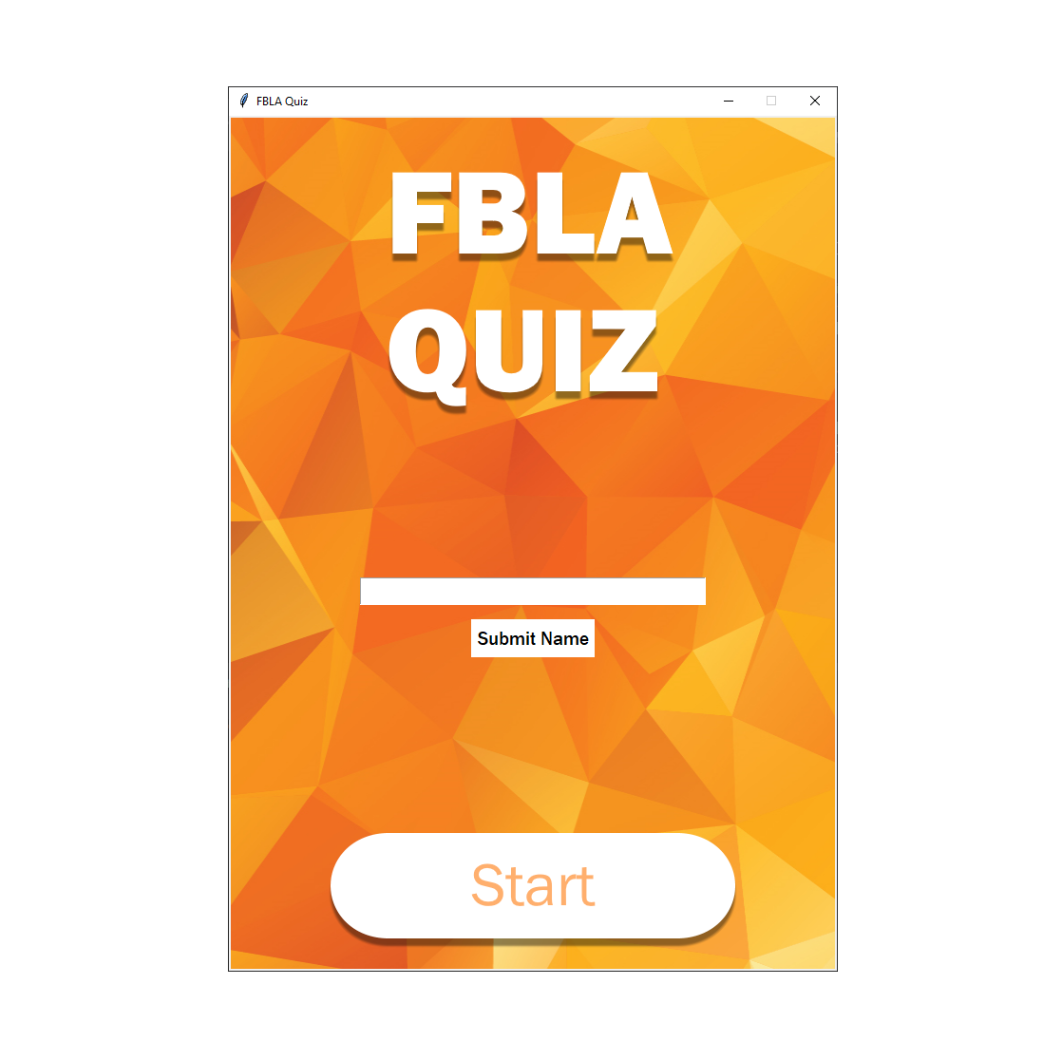
FBLA Coding and Programming
2021 CompetitorAlongside the technical aspect of developing the 5-question quiz software for the 2021 FBLA Coding and Programming Competition, an integral component of the project was to approach and present it from a business professional's perspective. This multidimensional requirement necessitated a holistic understanding of both the technical and business realms and the interplay between them.
The software was not just an isolated piece of code but a tangible solution aimed at fulfilling a specific need in the market. It was thus imperative to articulate its value proposition, market relevance, potential user base, and financial feasibility effectively. Throughout the development and presentation stages, I ensured to factor in these business considerations, thereby demonstrating my ability to not just create but also successfully pitch a software product in a business setting.
Communicating the intricacies of the software, its development process, and its benefits in a business-friendly language was a crucial part of the presentation. This included outlining the software's features, the problem it solves, its competitive advantage, and its market potential. Also, I emphasized how the software adheres to industry standards and best practices, leveraging established tools, and methods. This experience highlighted the importance of bridging the gap between technology and business, a vital aspect of being a successful software professional in today's competitive landscape.
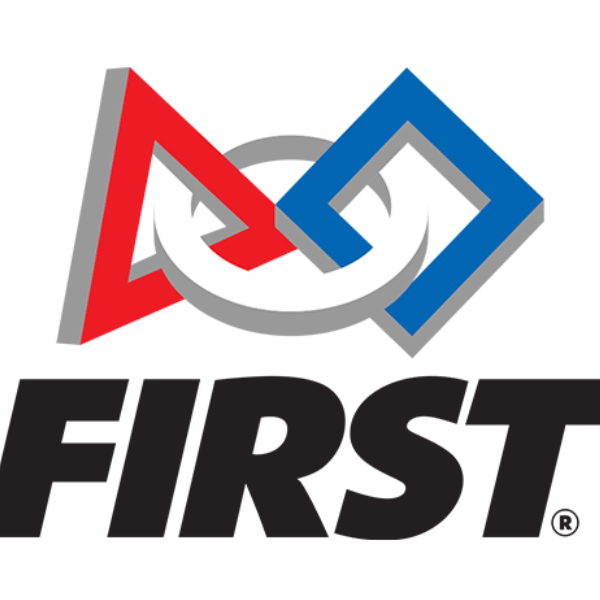
Robotics Fundraising
Fundraising DirectorAlongside the technical aspect of developing the 5-question quiz software for the 2021 FBLA Coding and Programming Competition, an integral component of the project was to approach and present it from a business professional's perspective. This multidimensional requirement necessitated a holistic understanding of both the technical and business realms and the interplay between them.
The software was not just an isolated piece of code but a tangible solution aimed at fulfilling a specific need in the market. It was thus imperative to articulate its value proposition, market relevance, potential user base, and financial feasibility effectively. Throughout the development and presentation stages, I ensured to factor in these business considerations, thereby demonstrating my ability to not just create but also successfully pitch a software product in a business setting.
Communicating the intricacies of the software, its development process, and its benefits in a business-friendly language was a crucial part of the presentation. This included outlining the software's features, the problem it solves, its competitive advantage, and its market potential. Also, I emphasized how the software adheres to industry standards and best practices, leveraging established tools, and methods. This experience highlighted the importance of bridging the gap between technology and business, a vital aspect of being a successful software professional in today's competitive landscape.
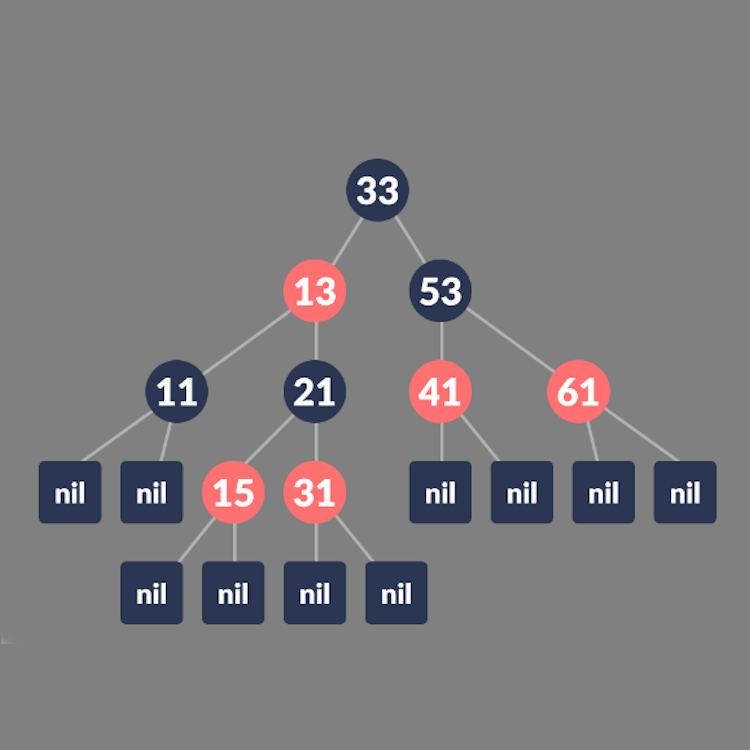
CS Data Structures
Mini ProjectsThe Computer Science Data Structures course at Seven Lakes High School is a sophomore-level class that offers an in-depth, college-level understanding of Data Structures and Algorithms. The curriculum provides a comprehensive blend of labs, projects, and tests to ensure a thorough learning experience.
During the course, students gain profound knowledge of Big O notation and Time Complexity, crucial concepts for analyzing the efficiency of algorithms. They are also introduced to the importance of memory efficiency in programming, further deepening their understanding of computer science.
Various data structures are explored throughout the course, each with its own unique characteristics and applications. These include Singly Linked Lists and Doubly Linked Lists, which are linear data structures with diverse uses in computer science. Students also study Graphs, fundamental structures for representing connections and relationships, and delve into Path Finding Algorithms, vital for solving routing problems.
Other data structures taught in the course include Stacks, Queues, Hash Maps, Tree Maps, and Hash Tables, each providing different ways to store and organize data efficiently. Students learn about Binary Search Trees, Red-Black Trees, and AVL Trees, all of which are types of self-balancing binary search trees with their own set of properties and use cases.
Project work forms an integral part of the course. The first project is an individual assignment involving the creation of an UNO game using Java graphics toolkits. This is followed by a complex group project where students recreate the popular board game "Seven Wonders" using Java. The final project challenges students to replicate "Power Grid", a demanding board game that requires an advanced level of functional and creative skills.
Latest News
In April 2022, I received exciting news that I was selected as the recipient of a scholarship offered by the Texas Exes Katy Chapter, a community organization associated with The University of Texas at Austin. The scholarship is a one-time award aimed at supporting local students attending the university.
Receiving the award notification was an incredibly proud moment for me. Terri Keith, the Scholarship Chair, warmly congratulated me and shared the organization's enthusiasm for supporting my journey at the University of Texas.
My interaction with the Texas Exes Katy Chapter did not stop there. I am thrilled to share that I was invited to participate as a panelist in the organization's Student Send-Off event in July 2022. The event serves as a platform for current students like myself to share our college experiences and insights with incoming freshmen.
Another notable moment came when I found out that I was featured in a newsletter with a photograph alongside University of Texas President, Jay Hartzel. Seeing our picture and knowing the impact we're making on the university community filled me with a sense of accomplishment and pride.
The Texas Exes Katy Chapter continues to work tirelessly to support local students attending the University of Texas at Austin, contributing immensely to the cultivation of future leaders and innovators.
As part of my academic journey, I had the opportunity to dive deep into an Advanced Placement course known as AP Research. This class, unlike any other, proved to be an incredibly enriching experience. It tested my perseverance, critical thinking, and, most importantly, my ability to independently explore a complex research topic.
The focus of my research revolved around the phenomenon known as the Urban Heat Island Effect (UHIE). For the uninitiated, UHIE is an occurrence where urban areas are significantly warmer than their rural surroundings due to decreased vegetation and increased artificial surfaces. My interest in this topic led me to explore the relationship between particulate matter 2.5 (PM2.5), land surface temperature (LST), and the Normalized Difference Vegetation Index (NDVI).
Throughout the process, I had to present my progress, conduct thorough analysis of my research, apply various statistical methods, and meticulously plan and structure my paper. This experience required immense discipline, patience, and the ability to adapt and re-strategize my approach based on the emerging data and results.
The subject of my study was the Greater Austin, Texas region. I chose this region due to the lack of published research on UHIE in this area. With the help of spatial modeling techniques, I processed recorded Landsat 8 satellite data and obtained PM2.5 data from the small sensor aerosol monitoring network known as PurpleAir. After analyzing the spatial patterns and variability of the data, I gained invaluable insights into the UHIE of Austin.
The results of my study indicated a negative correlation between NDVI and LST (R=-0.602) as well as NDVI and PM2.5 (R=-0.276). There was a positive correlation between LST and PM2.5 (R=0.155). These findings provided preliminary evidence that PM2.5 levels could intensify the UHIE, suggesting that urban areas with dense artificial land cover are likely to produce higher surface temperatures. I concluded my research with a recommendation for further investigation into UHIE in the Greater Austin, TX area and other similar regions.
This research journey was not without its fair share of challenges. However, my passion for the subject and the guidance of my teacher, Mr. John Mitchell, helped me navigate these hurdles. His constant encouragement and insightful feedback were invaluable to my progress. As a testament to my hard work and the skills I demonstrated during the course, I was deeply honored to receive an award for outstanding work in the class from Mr. Mitchell. This recognition reaffirmed my commitment to rigorous research and pursuit of knowledge, making the journey in AP Research a truly rewarding experience.
The present research paper was developed as an individual project for my Advanced Placement (AP) Seminar class. An AP Seminar is a program developed by the College Board which provides high school students the opportunity to carry out individual research projects on topics of their interest. While each student conducts an independent investigation, these projects are collectively analyzed to incorporate various perspectives on the same issue, culminating in a group presentation. This process aims to develop skills in research, analysis, evidence-based arguments, collaboration, writing, and presentations. The quality and depth of the research, combined with the rigorous standards of the course, are reflected in my achievement of a perfect score of 5 on the AP Seminar exam.
This research paper examines the complex issue of the California housing crisis, scrutinizing it from multiple perspectives and proposing potential solutions to alleviate the situation. The topic was chosen due to its significant relevance in today's societal landscape, as housing affordability continues to be a pressing concern not only in California, but in urban areas worldwide. The research endeavors to shed light on the root causes of the crisis, its economic implications, and the policy measures necessary to alleviate its impacts.
Drawing from an extensive pool of resources, including academic articles, government reports, and statistical databases, the paper provides an exhaustive analysis of the Californian housing crisis. Furthermore, by incorporating the perspectives of economists, home builders, and the homeless, the paper encapsulates the multifaceted nature of the issue. Such a comprehensive approach ensures that the discussion is not only informative, but also practical, as it suggests potential policy reforms that could provide respite to the current crisis.
Thus, this research paper, coupled with the insights derived from my peers' investigations, serves as a testament to the rigorous academic skills developed in the AP Seminar course and exemplifies the capacity to synthesize complex information into an accessible and engaging format. The perfect score achieved on the AP Seminar exam is a testament to the quality of this research and the skills I have gained in the process of conducting it, as well as the collective effort of the group presentation.
"Technology and Health: Effects of Wearable Fitness Trackers" is a comprehensive individual written argument created for the Advanced Placement (AP) Seminar class. The paper masterfully explores the intricate interplay between technology, health, and human behavior, specifically focusing on the effects of wearable fitness trackers on America's perception of physical and mental well-being.
The argument crafted is both timely and relevant, given the increasing prevalence of technology in our daily lives, and specifically, its role in health and fitness. The author's ability to weave together multiple layers of the discussion - from the influence of technology on the obesity crisis to its psychological impacts, and the contentious topic of data privacy - speaks volumes about their research capabilities, critical thinking, and synthesis skills.
In addition to this in-depth research paper, the author also created a high-quality presentation that further demonstrated their understanding of the topic and their ability to communicate complex ideas effectively. This pairing of written and oral communication is a crucial aspect of the AP Seminar course and exam, making the process rigorous and multifaceted.
The thoroughness of the research, the clarity of the arguments, and the polished presentation paid off significantly, as the author achieved a score of 5 on the AP Seminar exam. This is the highest possible score, reflecting the outstanding quality of their work and their deep understanding of the subject matter. Their achievement illustrates the successful application of the AP Seminar's core skills - research, analysis, evidence-based arguments, and creative communication - and sets a strong foundation for future academic success.
During my high school years at KatyISD's Miller Career and Technology Center, I was deeply involved with the Professional Advancement and Career Experience (PACE) program. The PACE program was an integral part of our high school curriculum, designed to promote career readiness and practical knowledge among students. It comprised in-depth classes, hands-on workshops, and lectures from professionals in various fields.
In this program, students like myself had the chance to explore potential career paths, learn practical skills, and gain valuable insights into the professional world. One of the significant accomplishments in the program was the introduction of an advanced module on Cybersecurity. This class was widely appreciated among students and provided a deep understanding of an increasingly important field.
In addition to class-based learning, the PACE program also encouraged mentorship. Senior students had the opportunity to guide junior students, fostering a culture of knowledge sharing and camaraderie. This initiative greatly bridged the gap between different grade levels, creating a more supportive learning environment.
The PACE program was not limited to the school premises. We collaborated with external organizations and industry experts for guest lectures and workshops. This ensured a broader exposure to real-world scenarios and industry trends, which was beneficial in keeping us updated with the latest developments in various fields.
Being a part of the PACE program at KatyISD's Miller Career and Technology Center was an enriching experience. It allowed me to gain practical knowledge and skills, preparing me for future professional opportunities. It also taught me the value of continuous learning and development, which continues to guide me in my career path.
My journey at Seven Lakes High School was not only marked by active participation in extracurricular activities but also by an unwavering commitment to academics. In pursuit of a comprehensive and challenging educational experience, I undertook an extensive array of Advanced Placement (AP) and Pre-AP courses. In total, I completed 18 AP courses and sat for 17 AP exams.
Beyond AP courses, I embraced the challenge of 12 Pre-AP courses, which provided a solid foundation in a range of subjects and helped me develop critical thinking skills. I also enrolled in other classes, bringing my total course load to 29. This rigorous academic schedule allowed me to explore and excel in a variety of fields, from humanities to sciences.
Despite the demanding nature of these courses, I managed to balance my academics with several leadership roles in clubs like Robotics, TSA, and FBLA. I initiated and participated in various independent projects to enhance my skills in computer science and cybersecurity. I also aimed to create a conducive learning environment for fellow students interested in STEM, which involved organizing workshops, coding boot camps, and interactive sessions.
In addition to my academic pursuits, I recognized the importance of social responsibility. Thus, I participated actively in volunteering and outreach activities, with a commitment to make a positive impact on my community.
My time at Seven Lakes High School, thus, was marked by a holistic educational experience that combined rigorous academics, practical skills, leadership roles, and community service. It set the stage for my future endeavors, helping me to develop a well-rounded skill set and an enduring passion for learning.
Rank: 8/954 (top 0.839%)
FIRST Robotics Competition (FRC - Electrical and Fundraising Director), Technology Student Association (TSA - President), Future Business Leaders of America (FBLA), USA Computing Olympiad (USACO), Science National Honor Society (SNHS), National Honor Society (NHS)
Courses: AP Computer Science A, AP Computer Science Principles, KAP Computer Science Data Structures, KAP Computer Science Independent Study (Full-Stack Development), AP Physics C Mechanics, AP Physics C Electricity & Magnetism, AP Seminar, AP Research, AP Statistics, AP Biology, AP Chemistry, AP Art History, AP English Literature, AP English Language, AP Psychology, AP U.S. History, AP Human Geography, AP Microeconomics, AP Macroeconomics, GT Independent Study and Mentorship, Global Business




